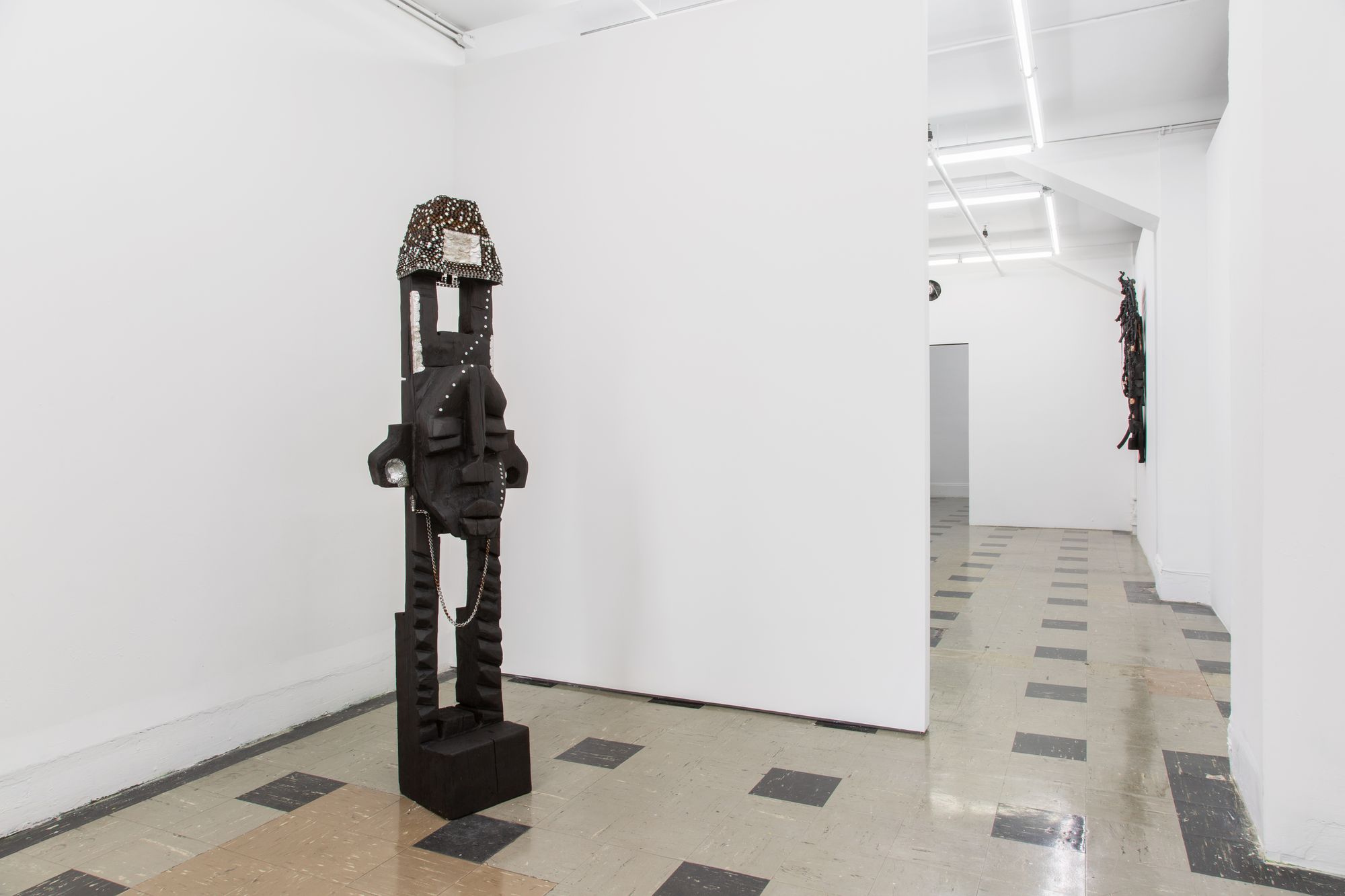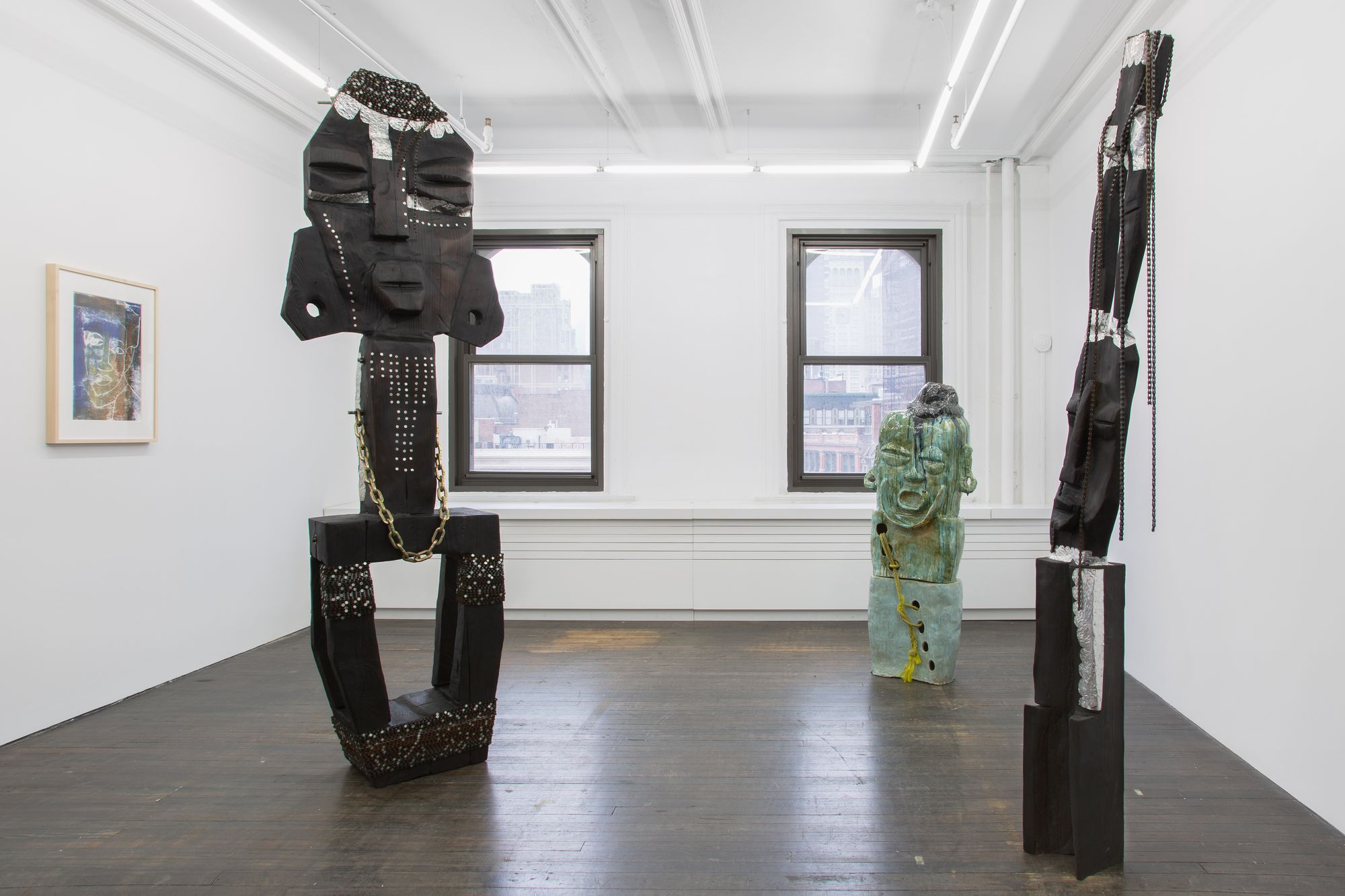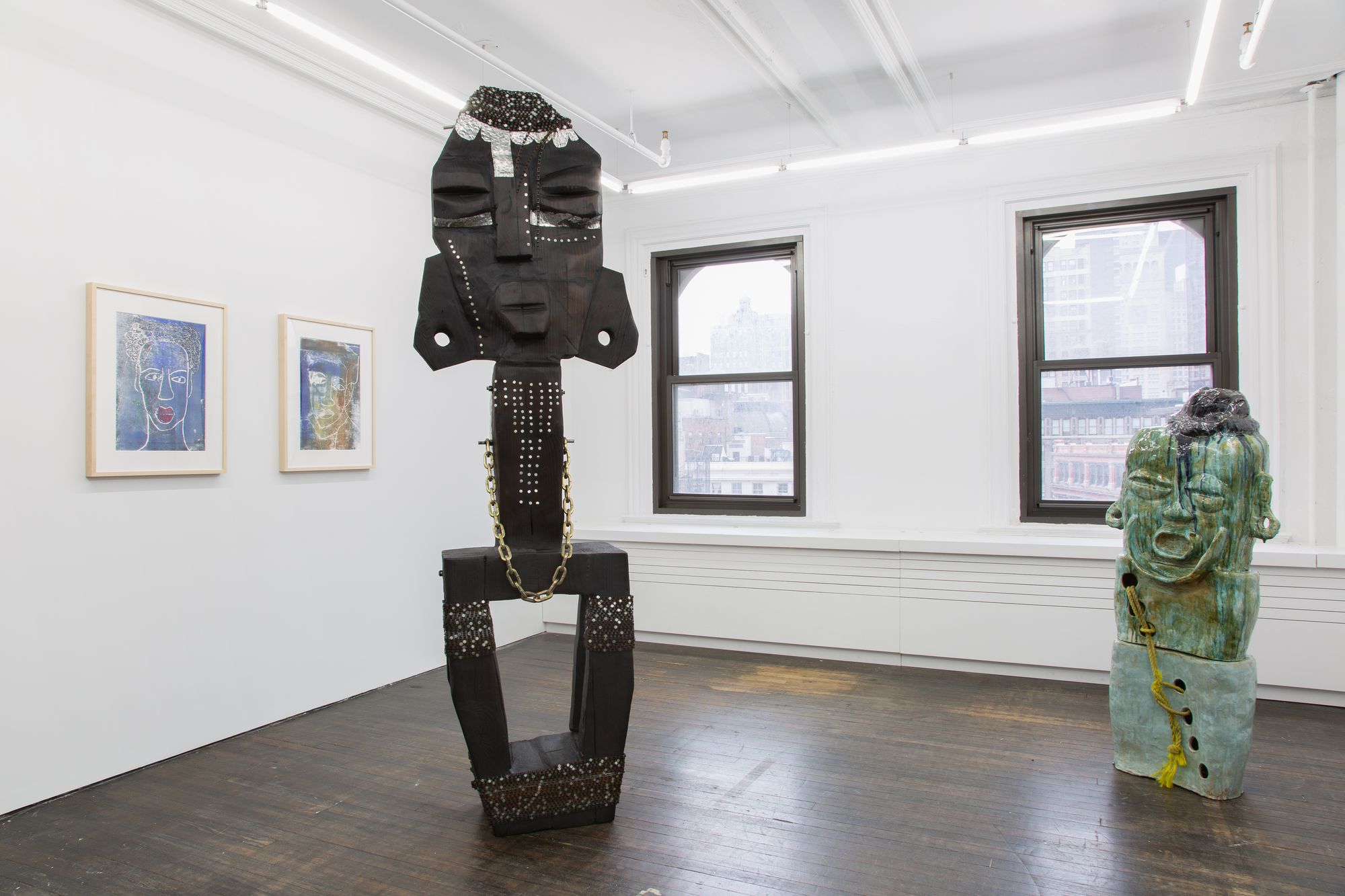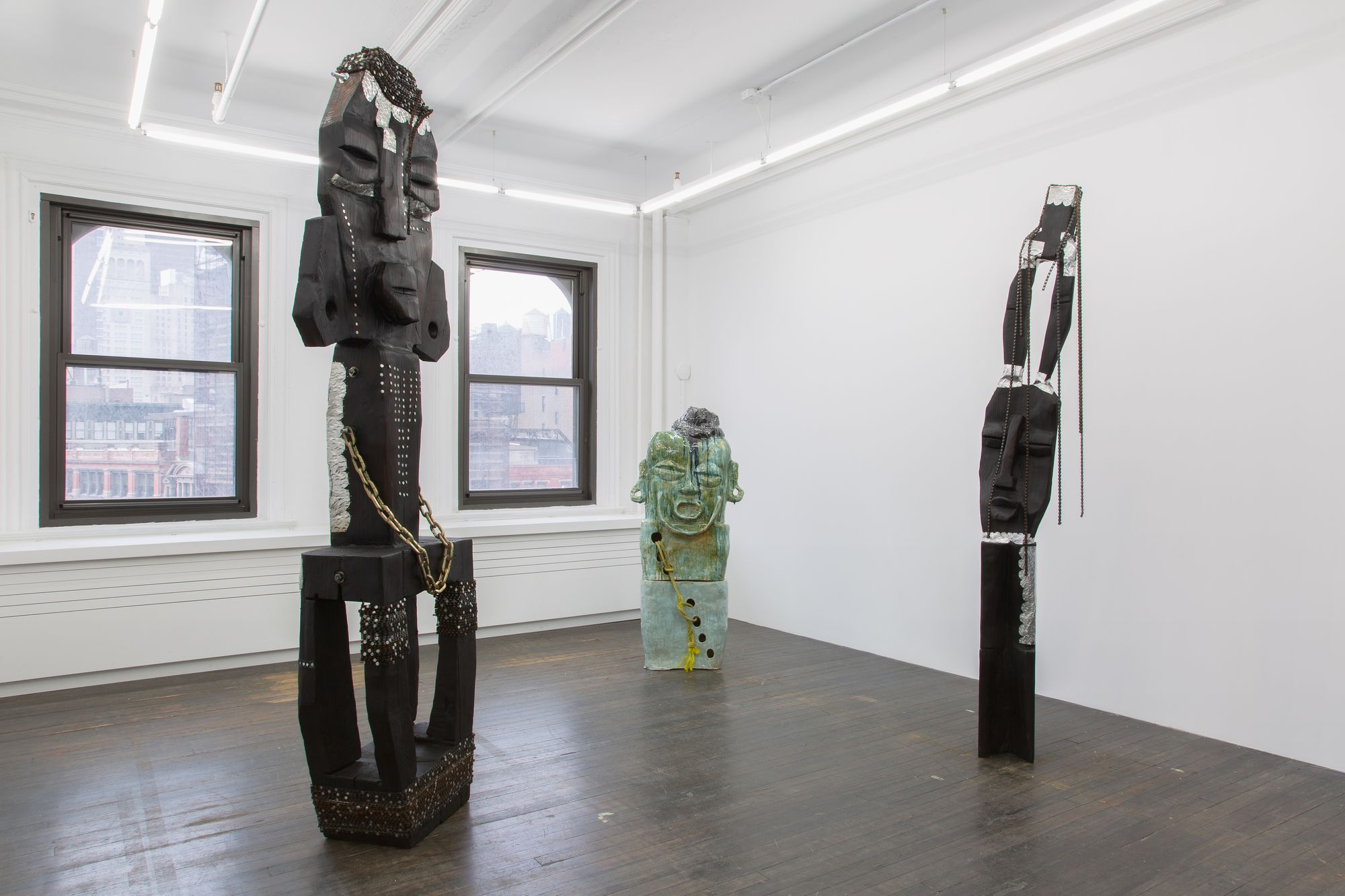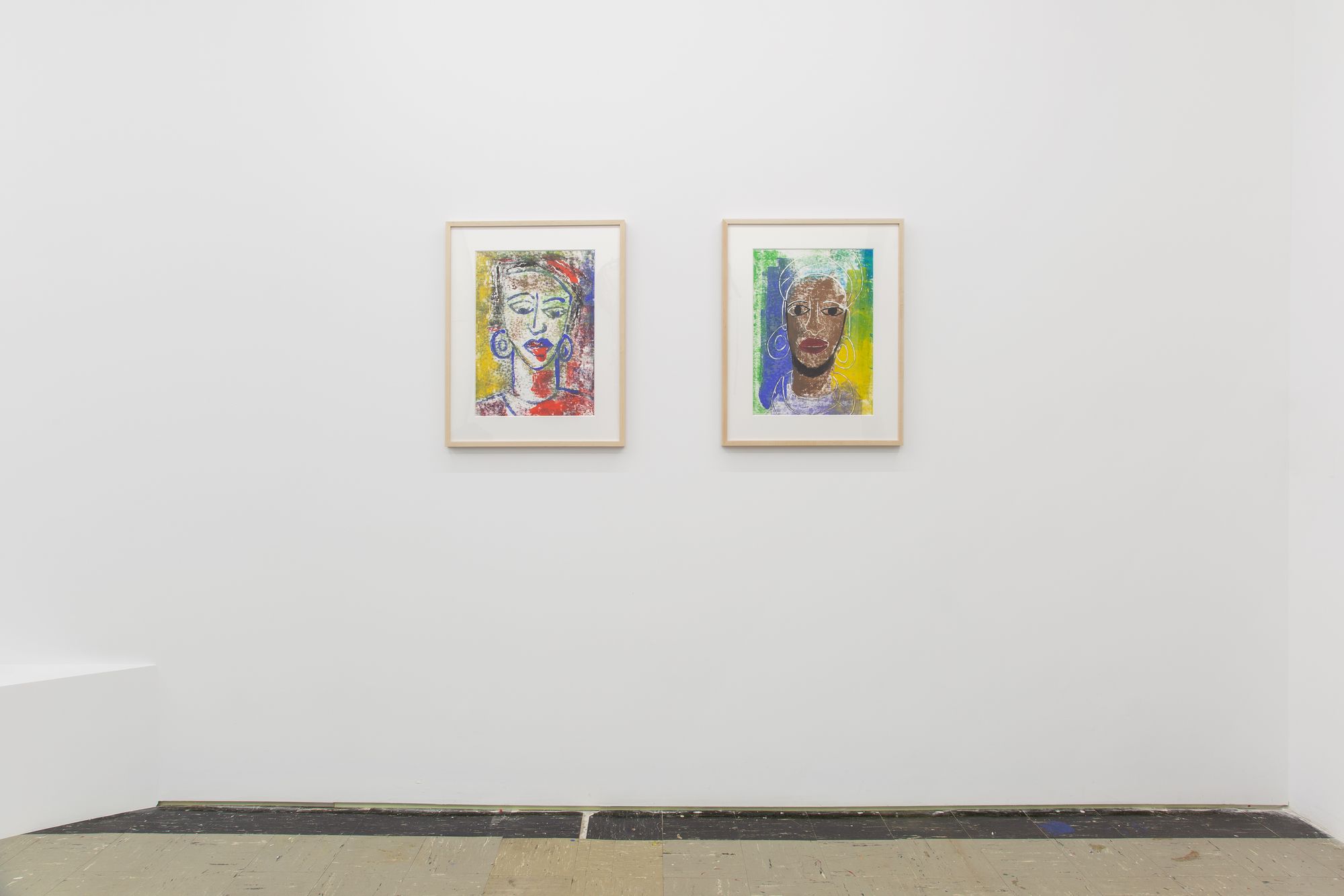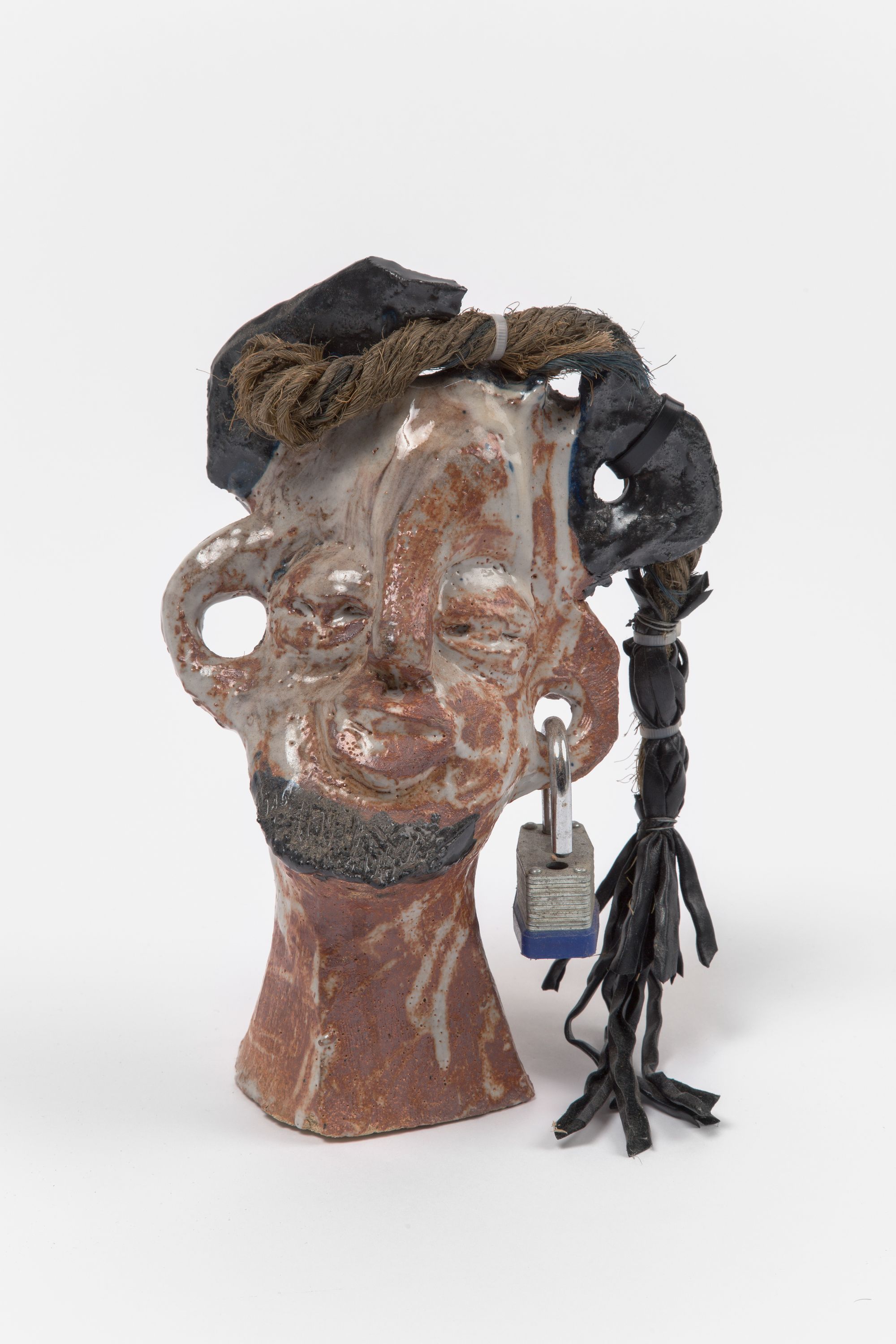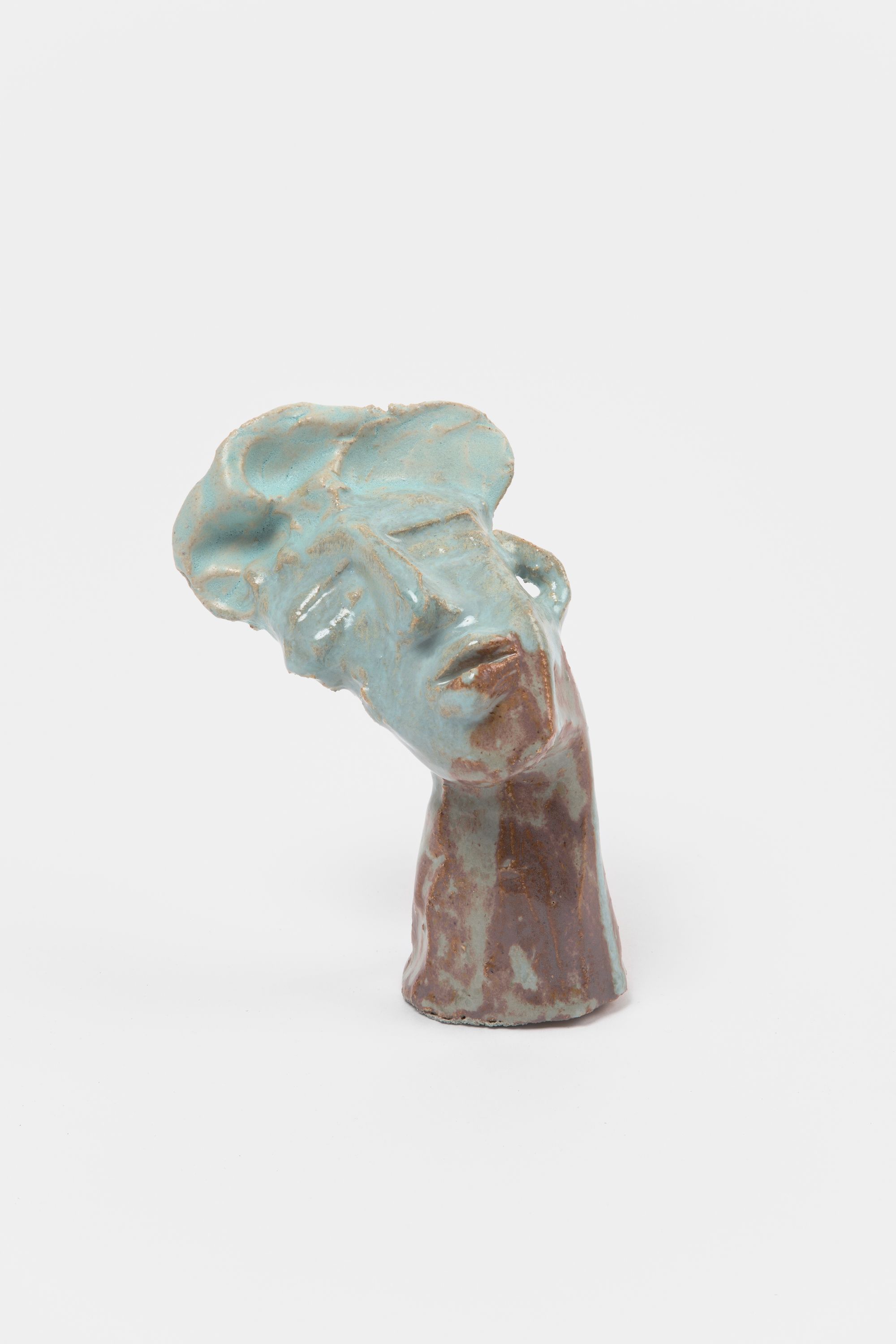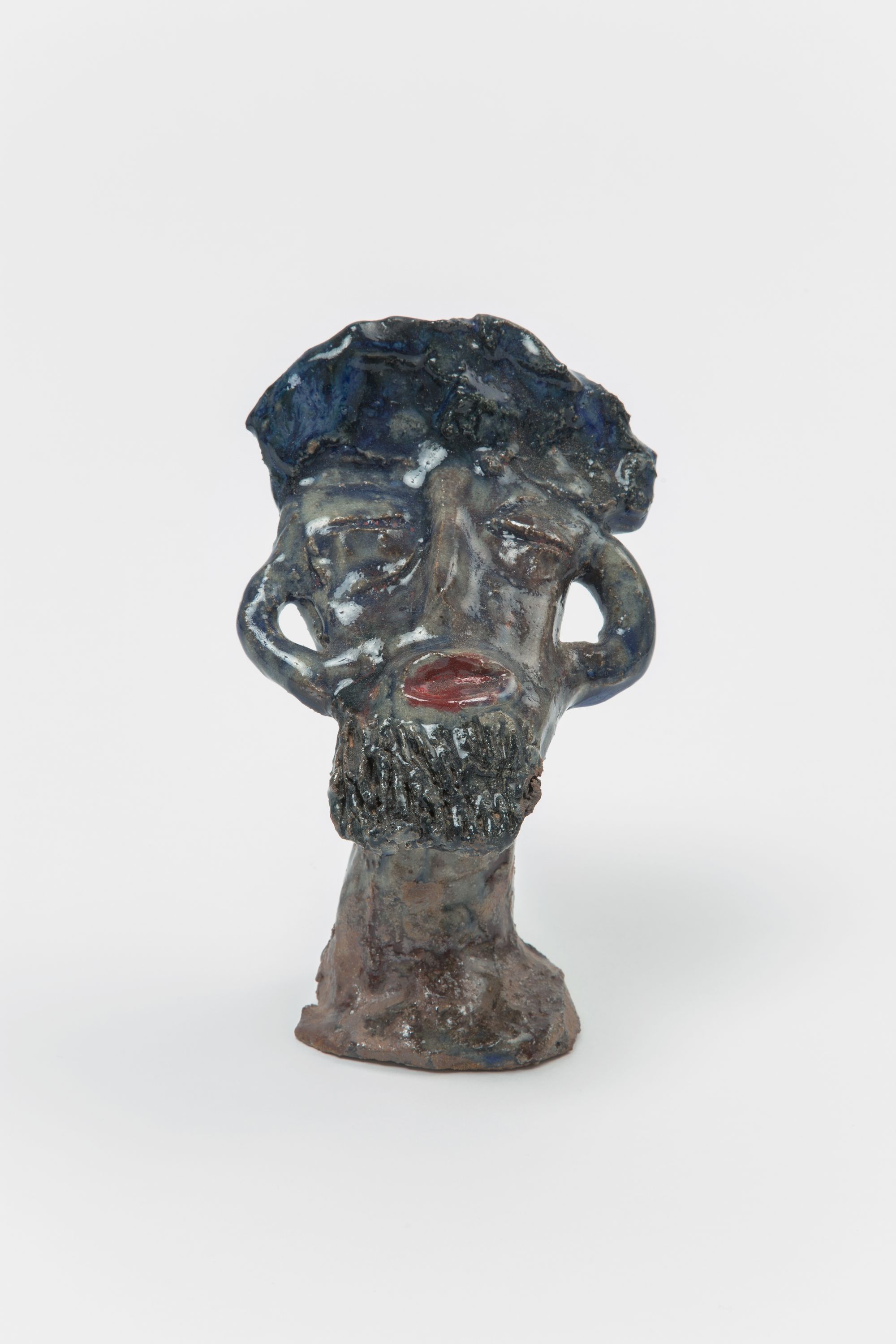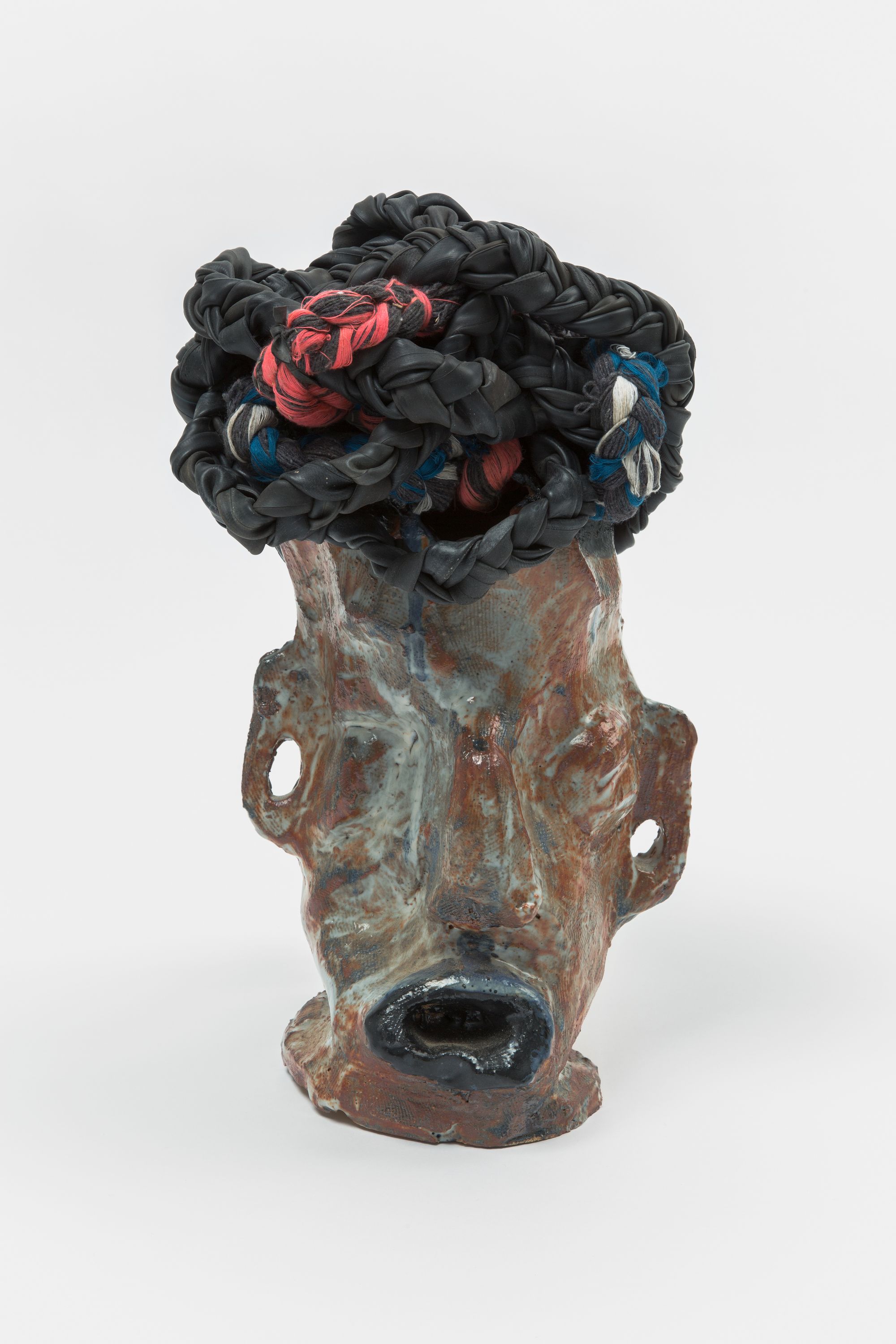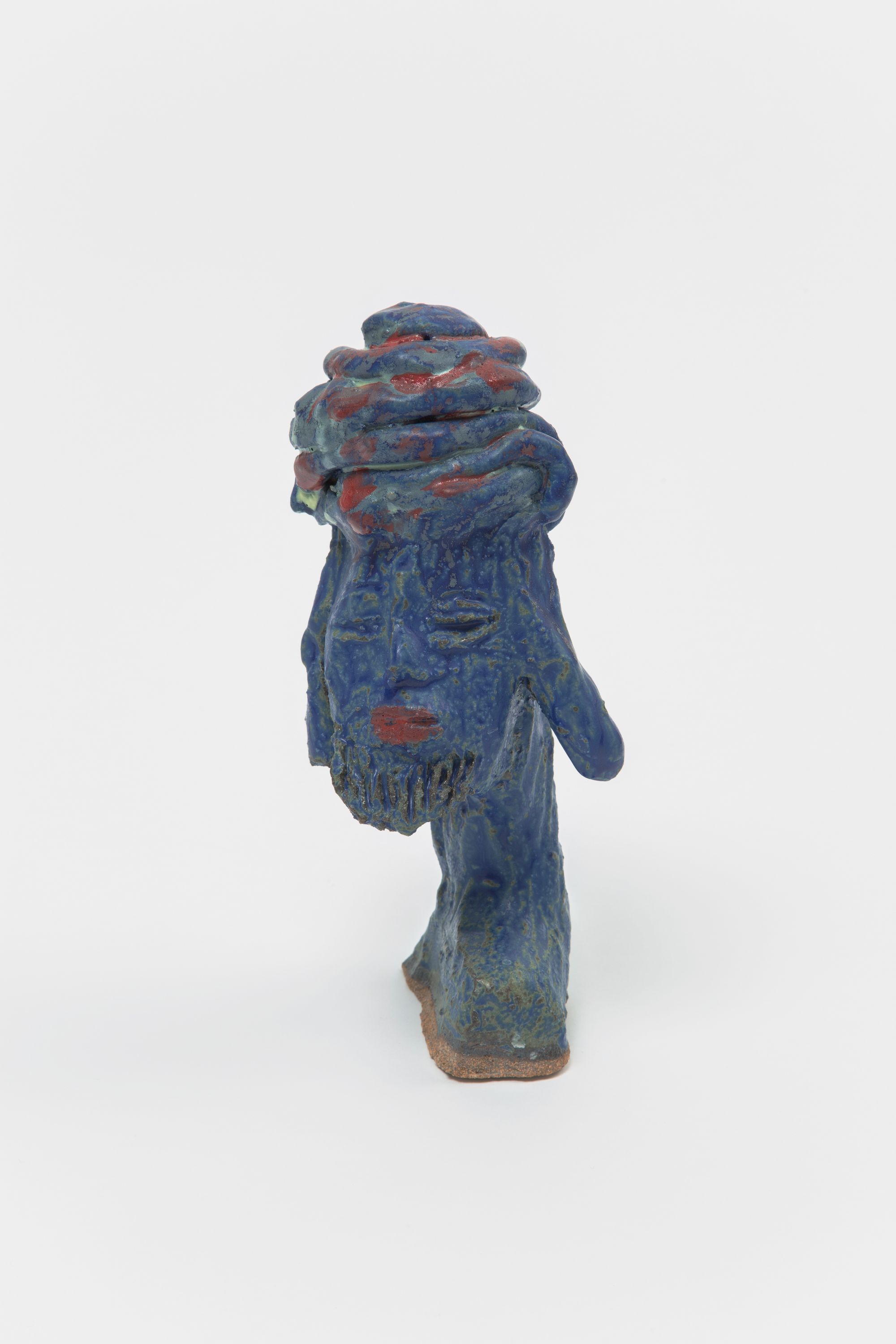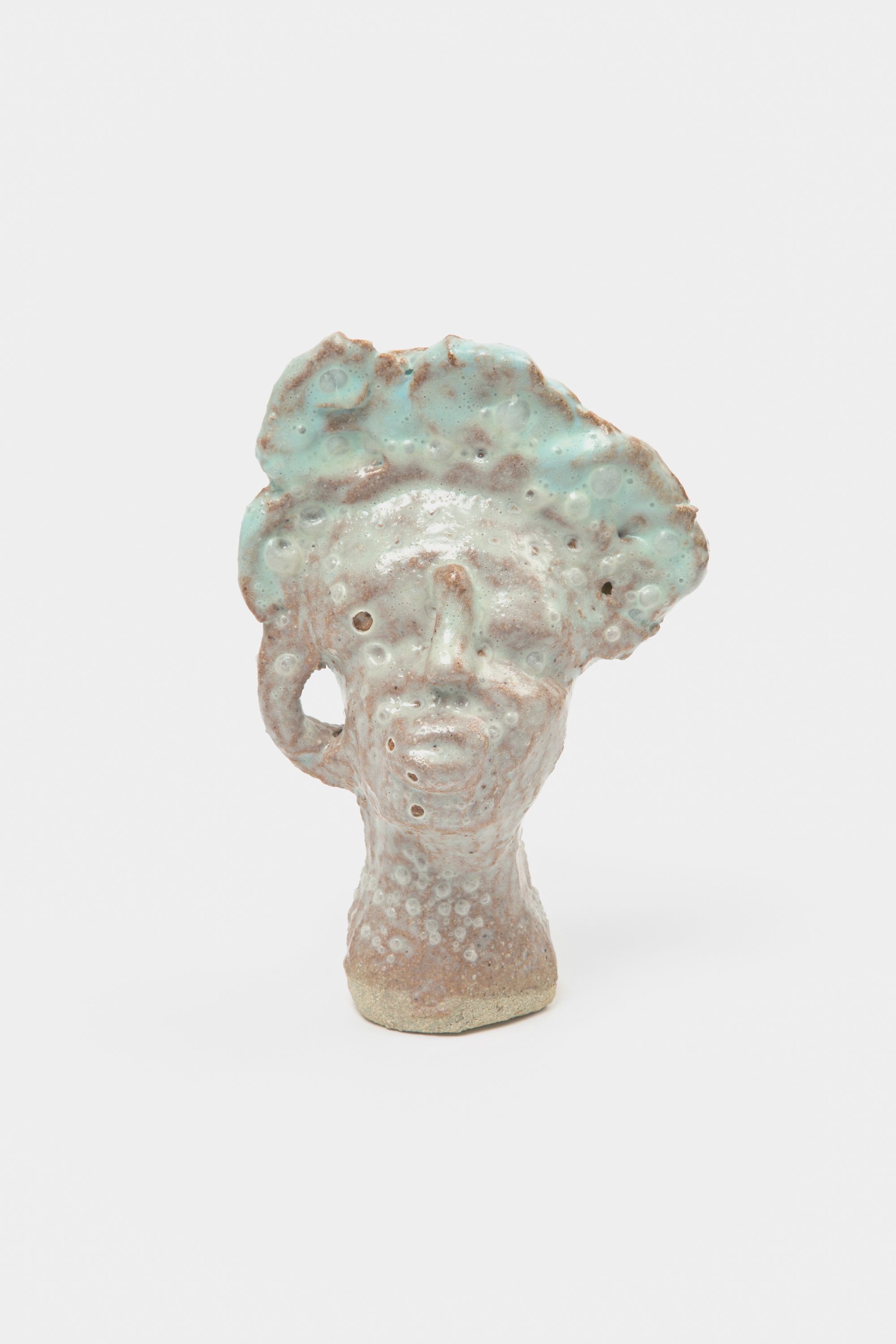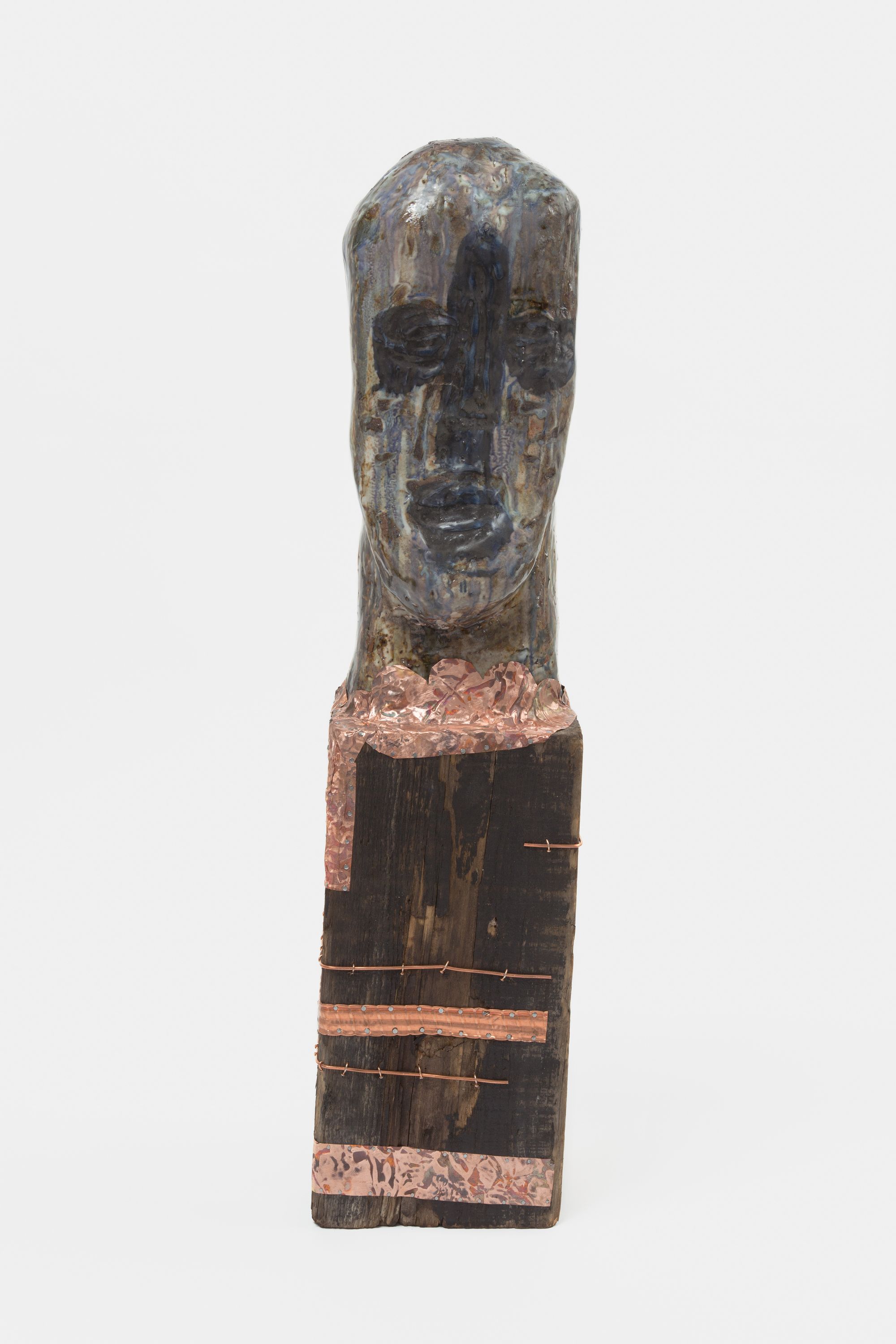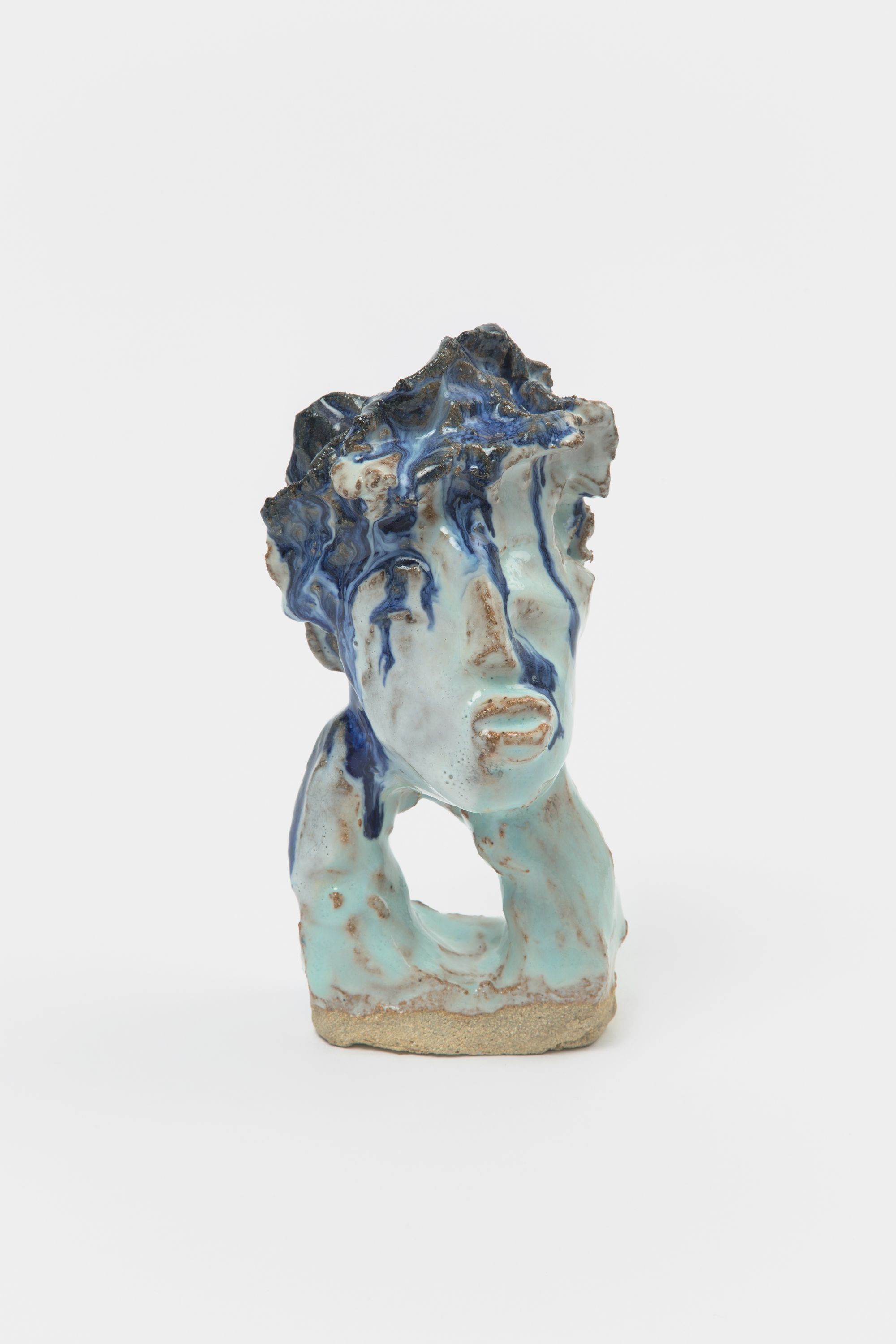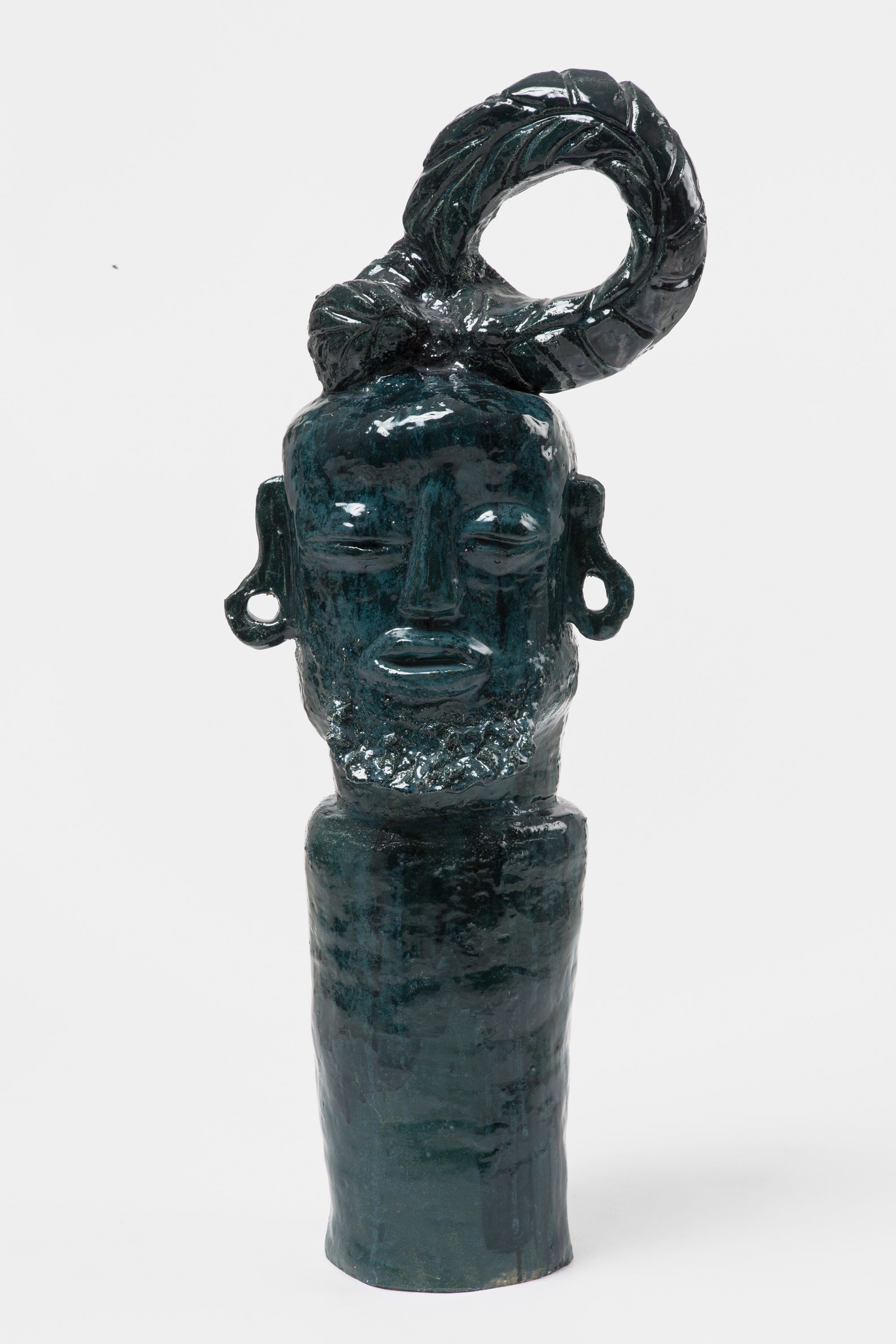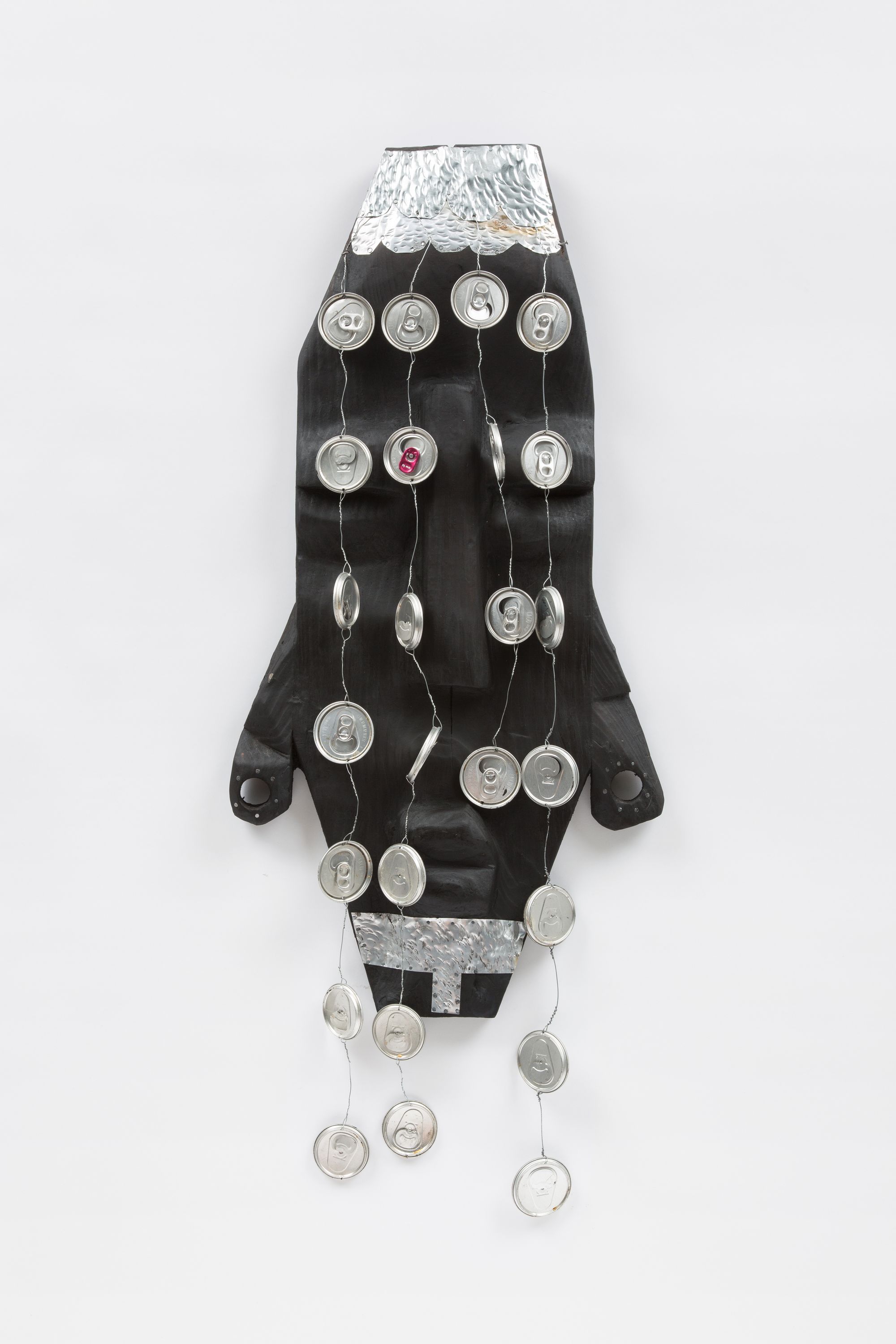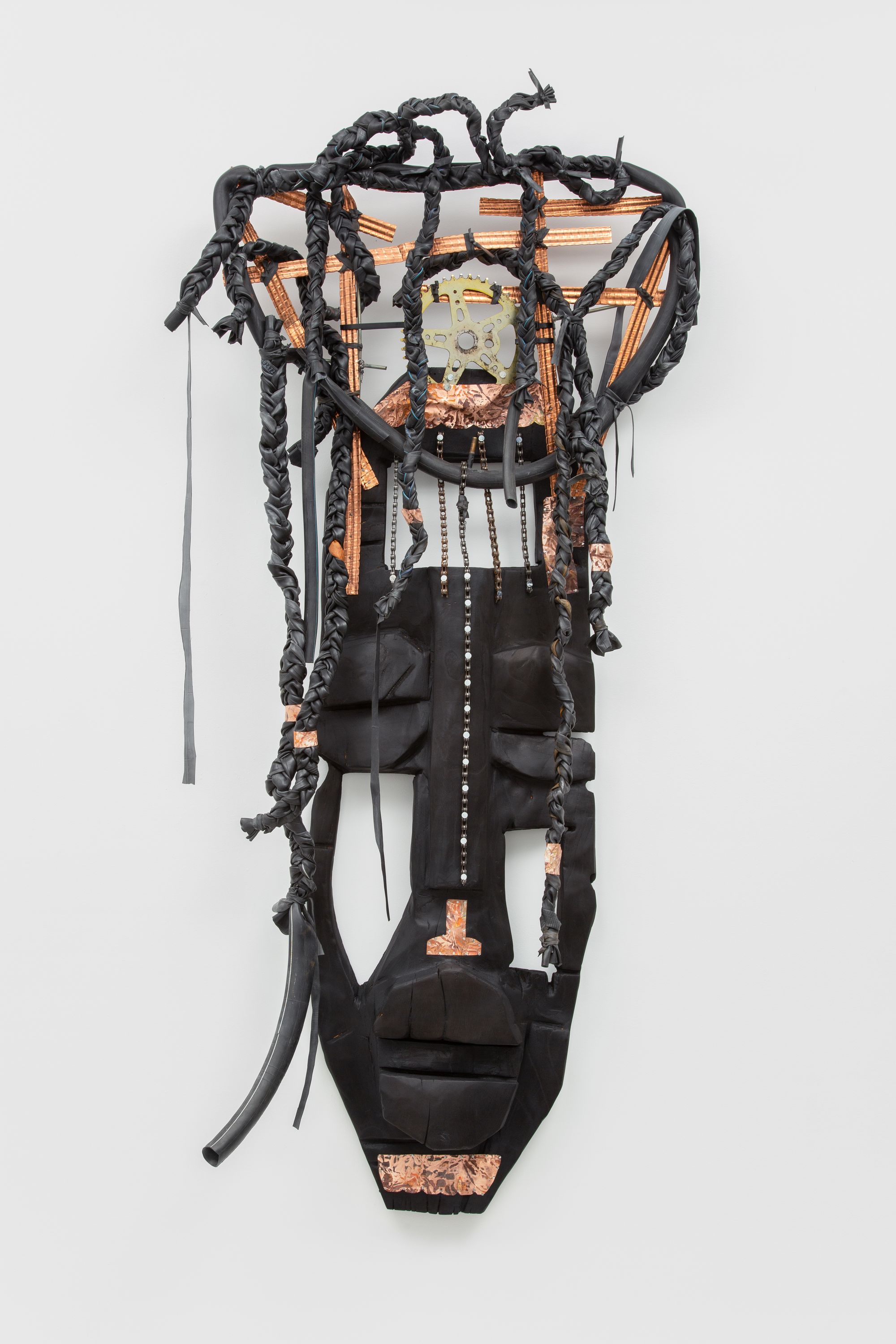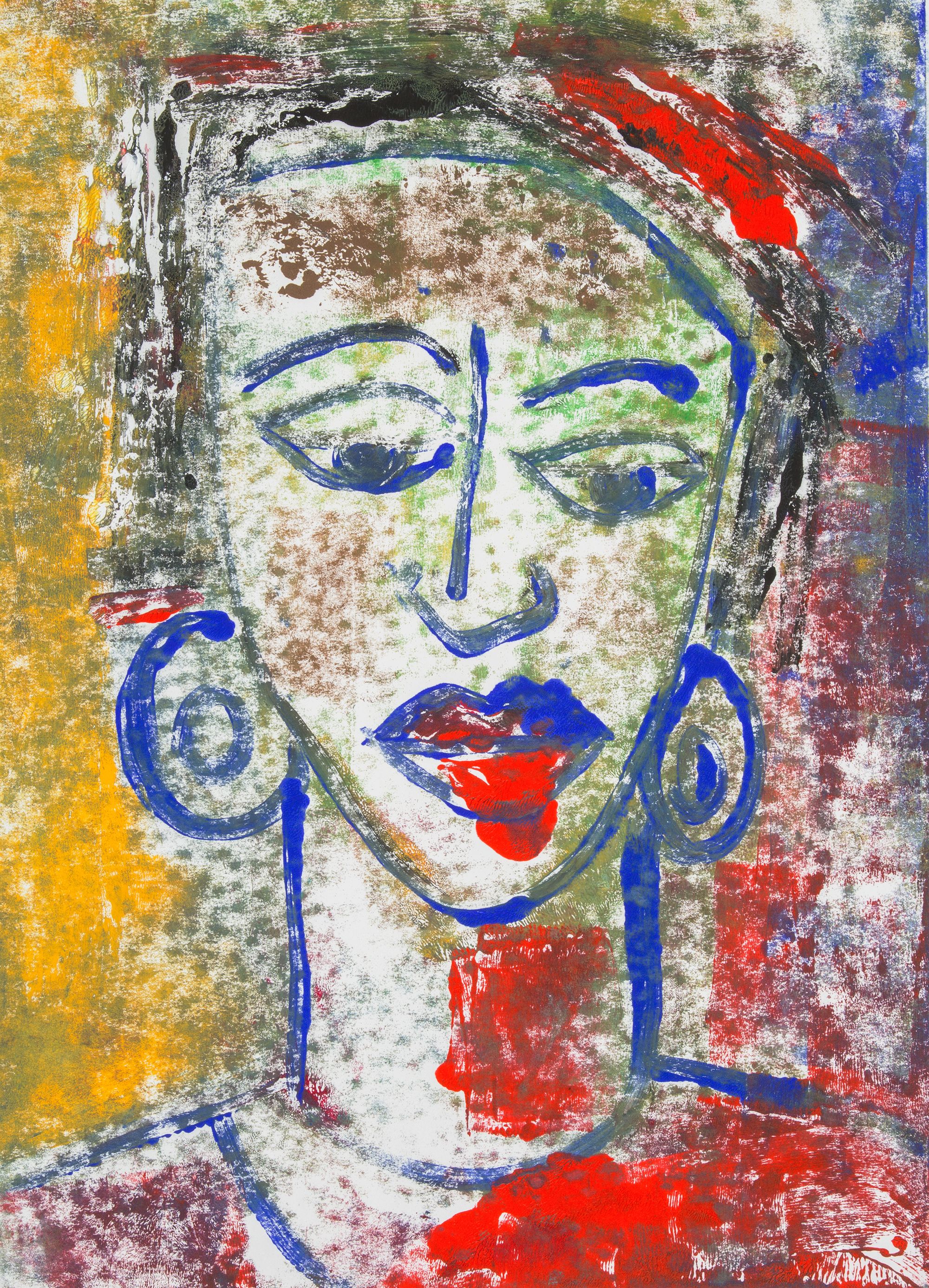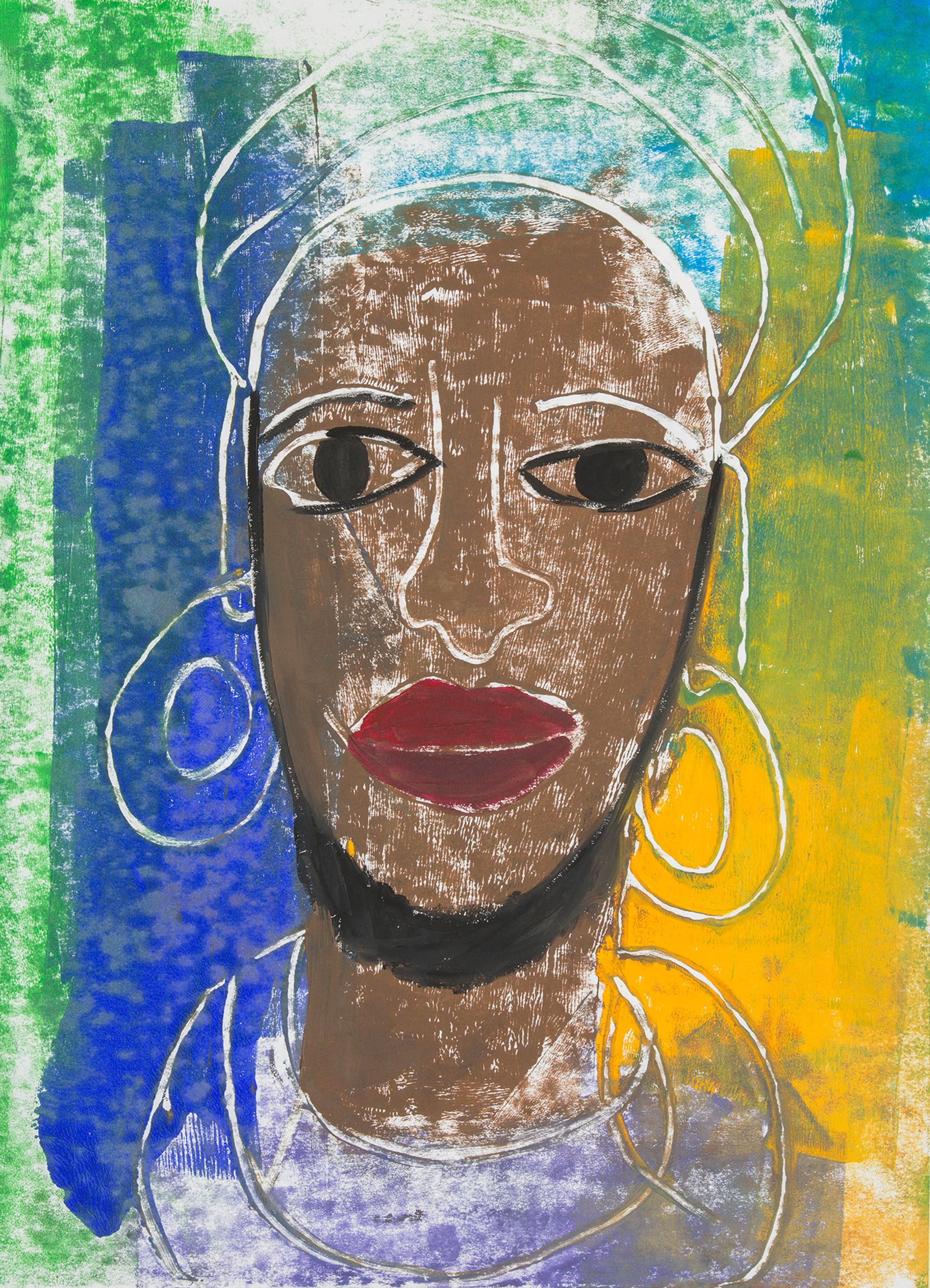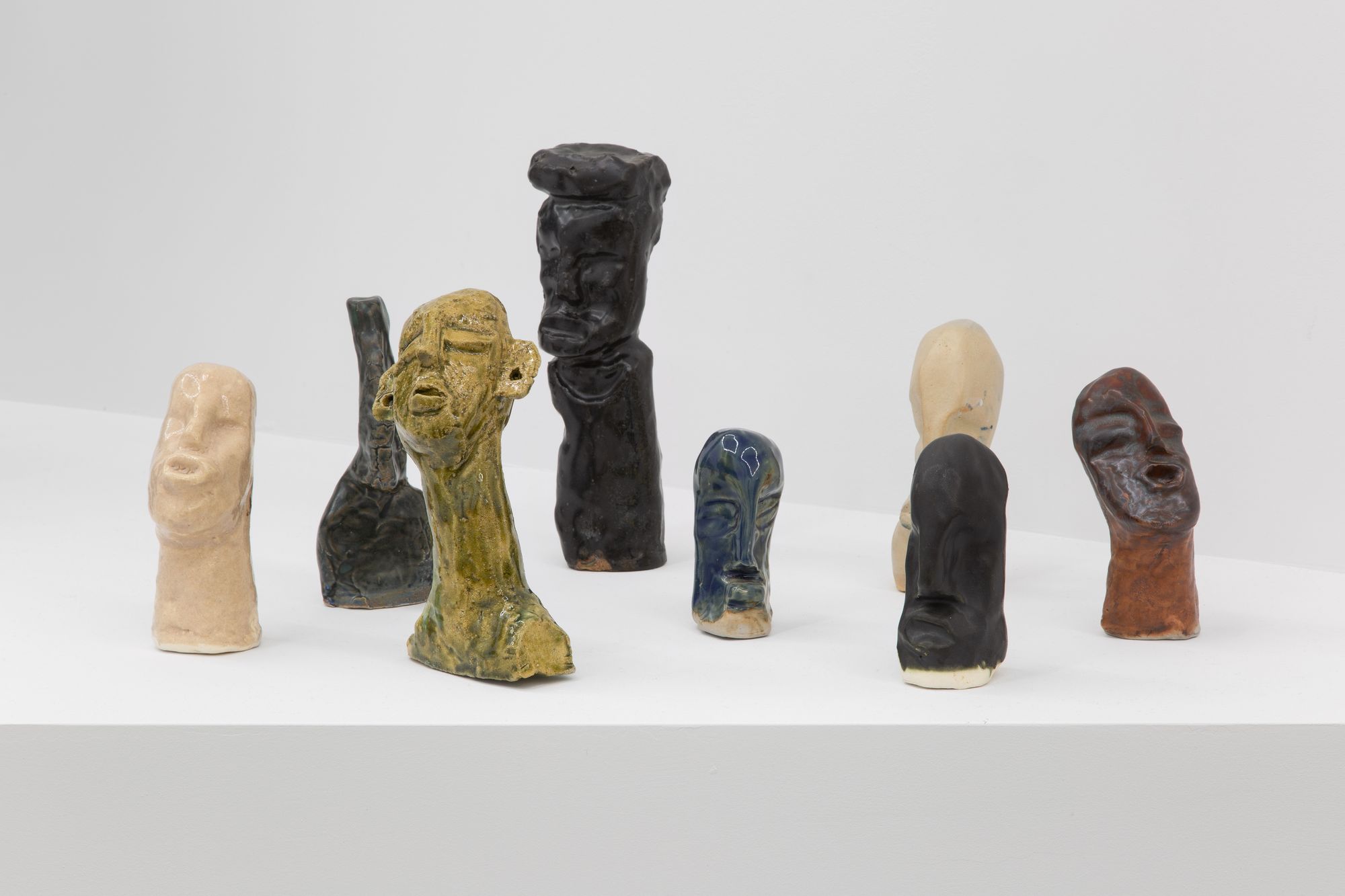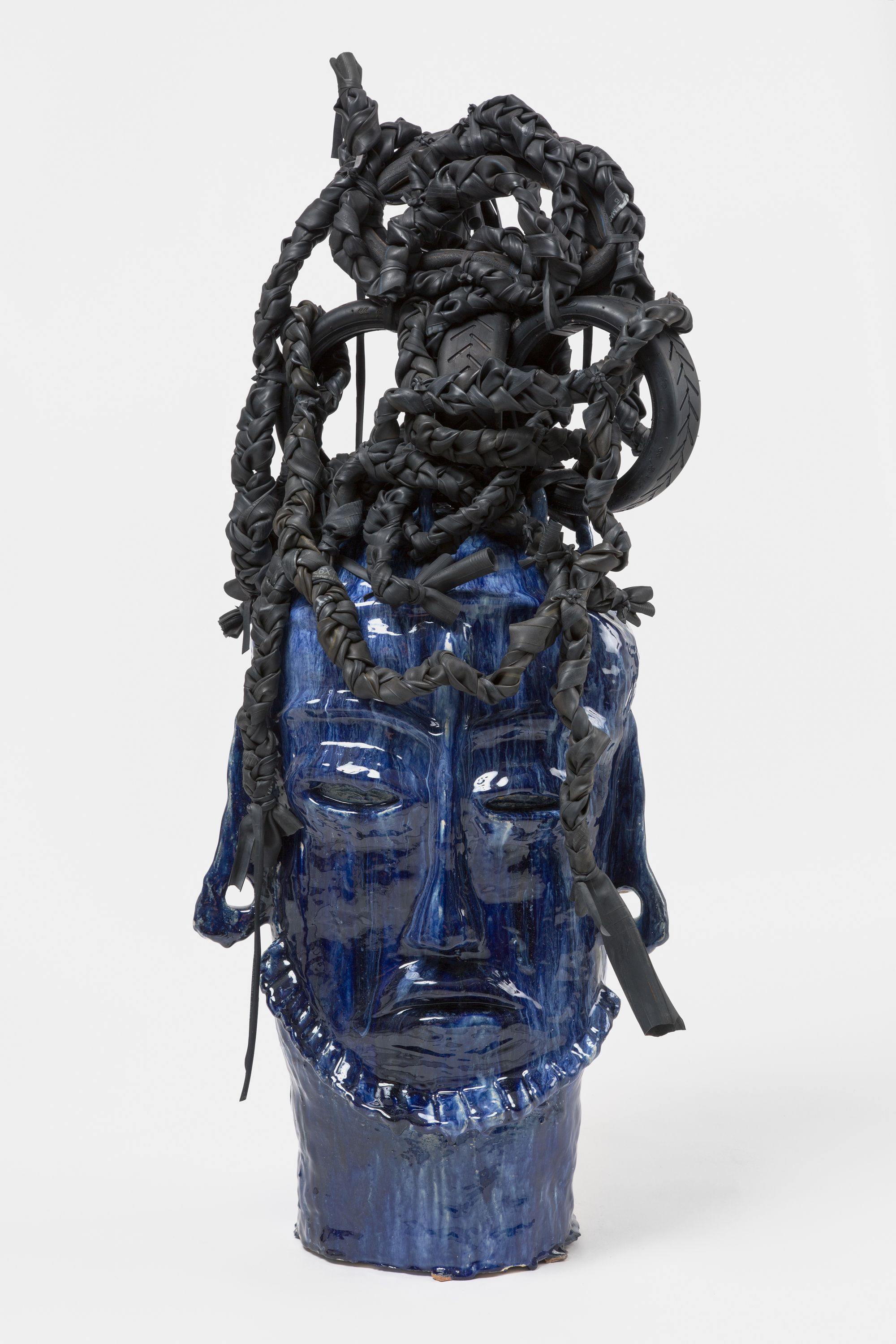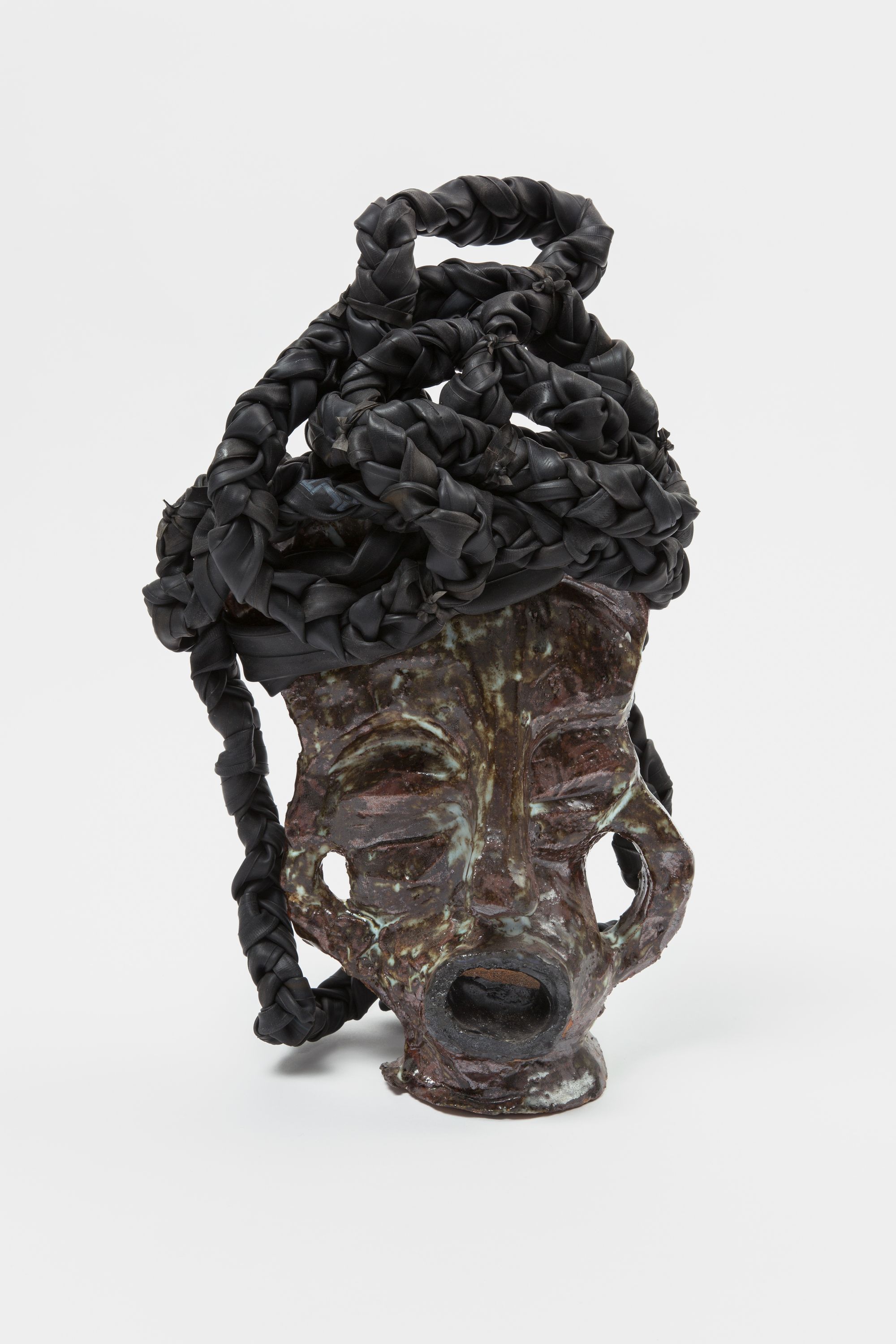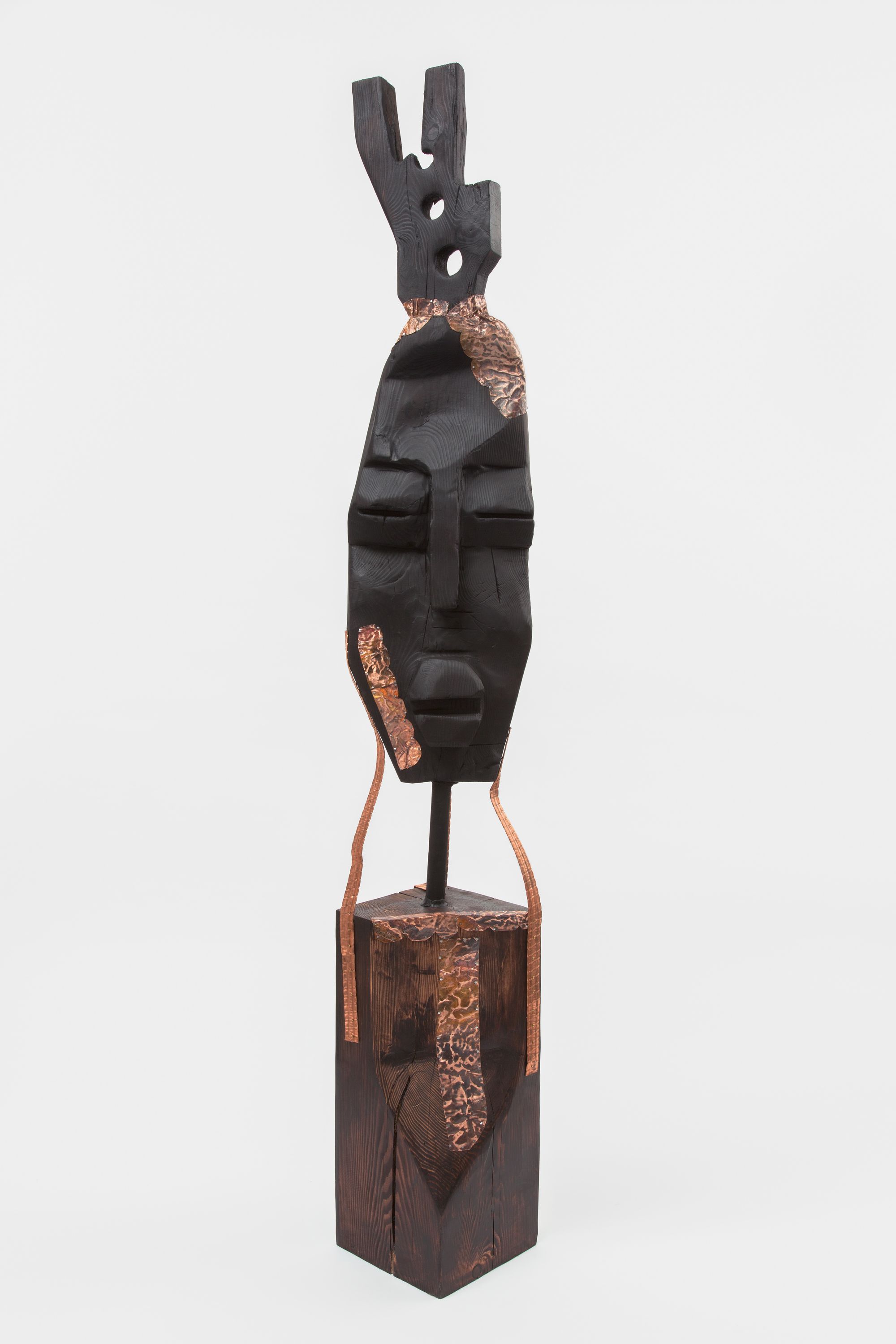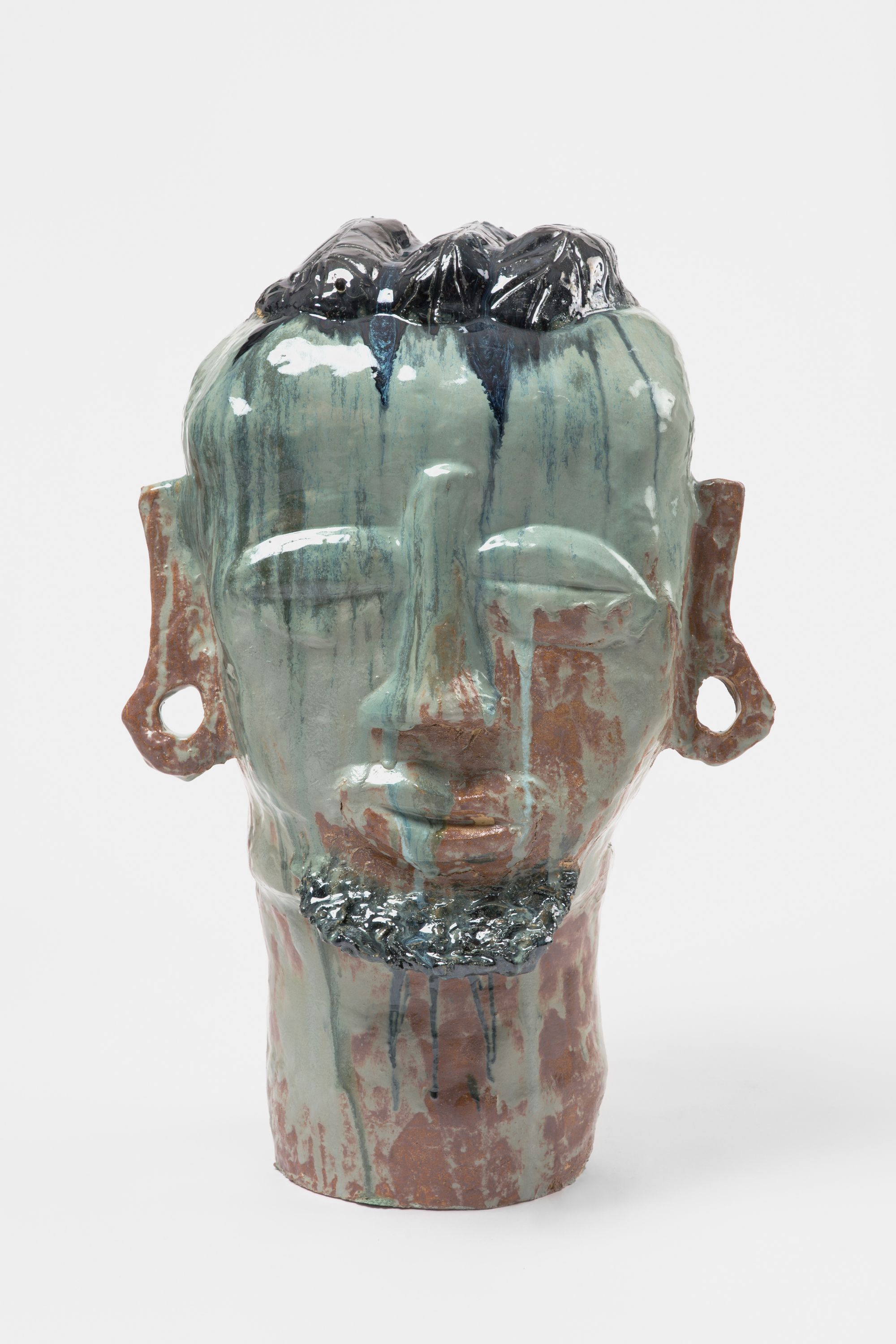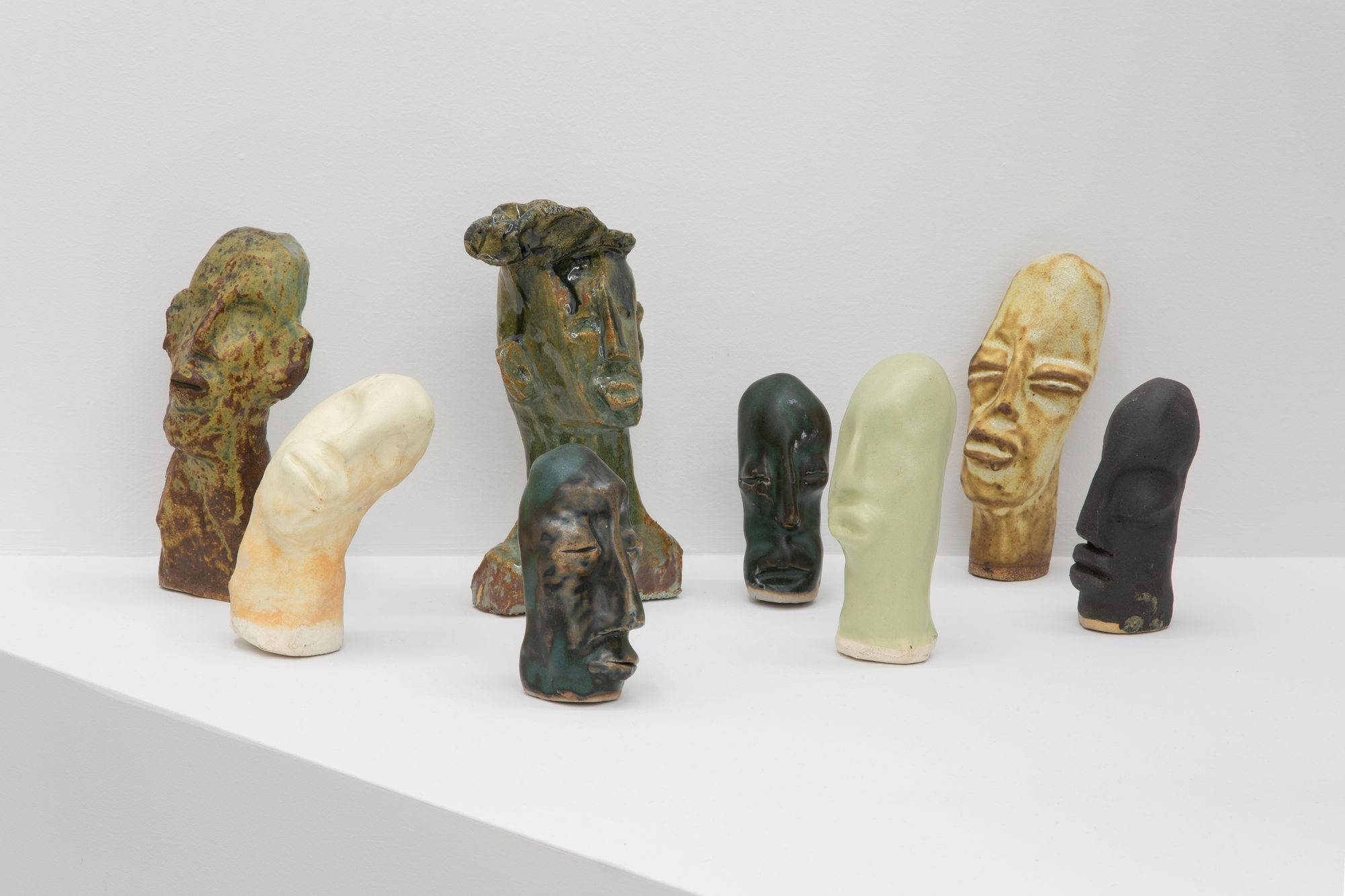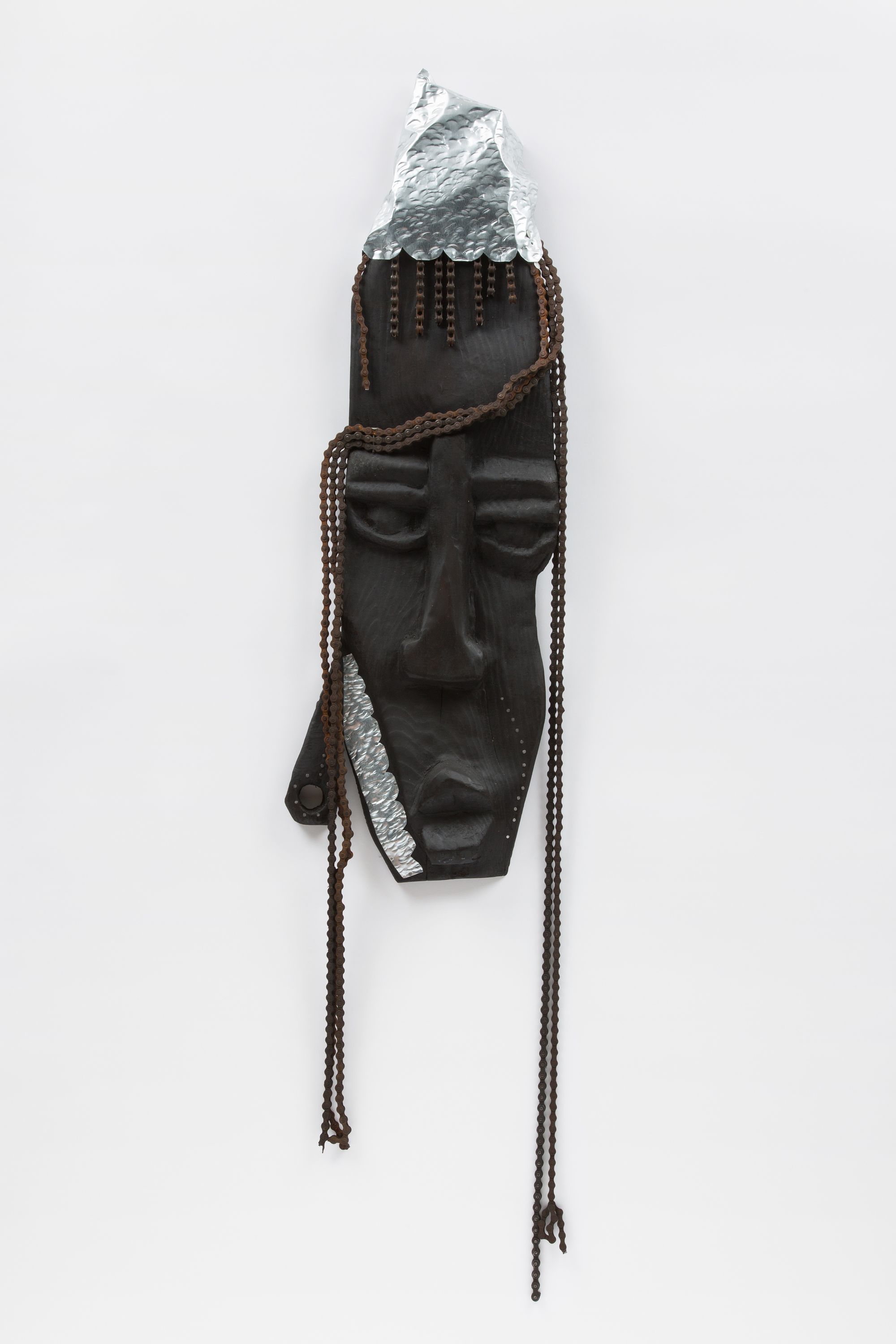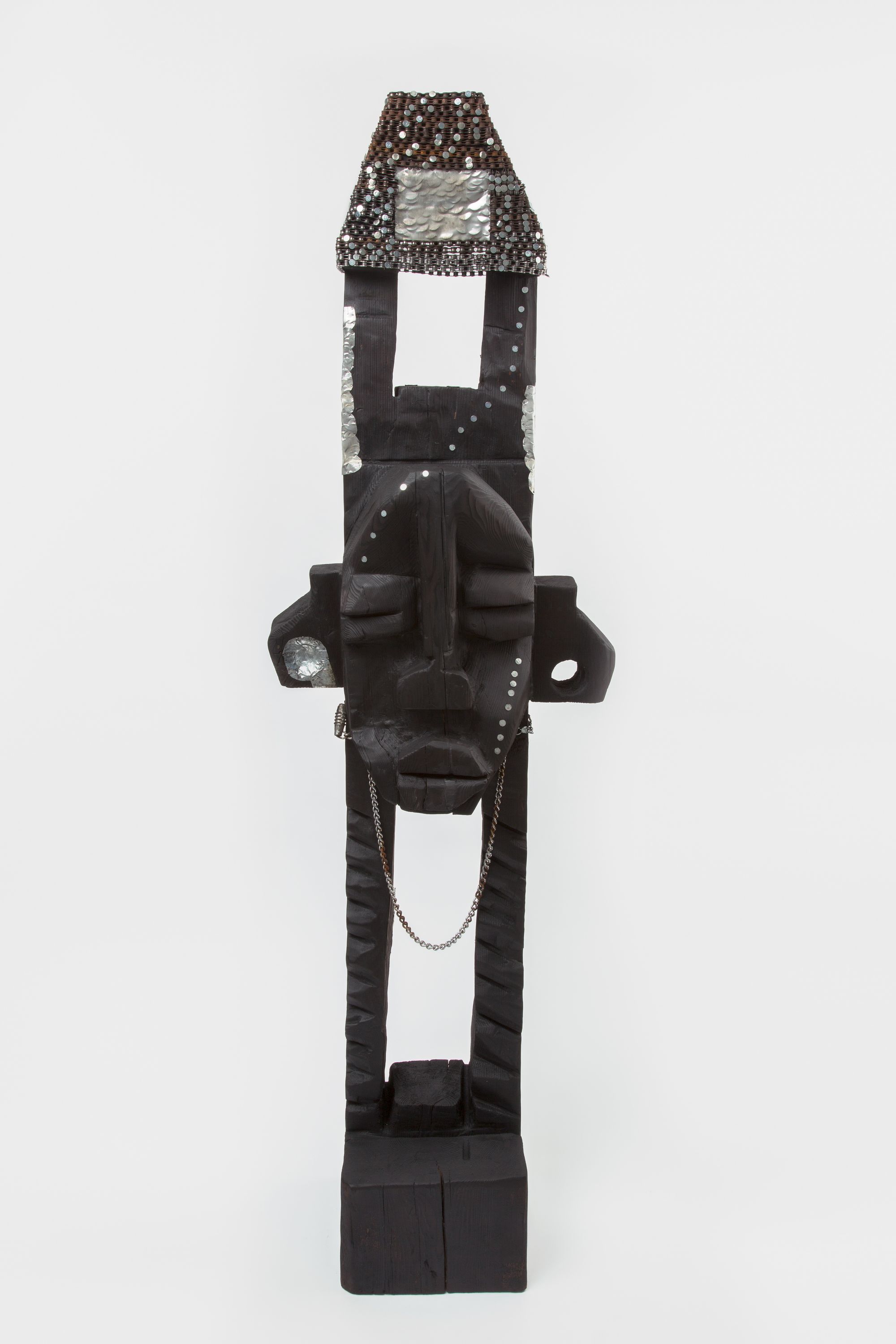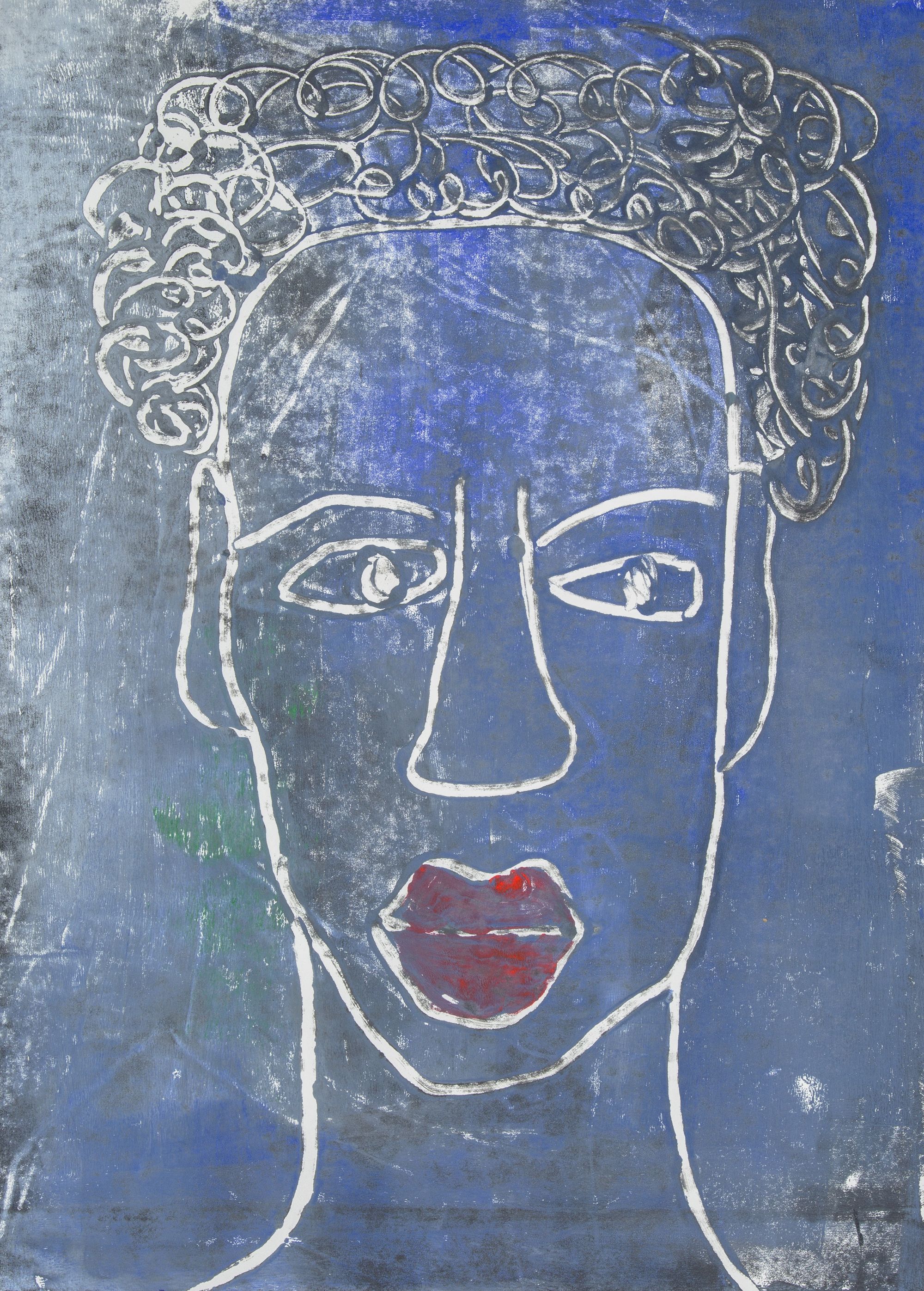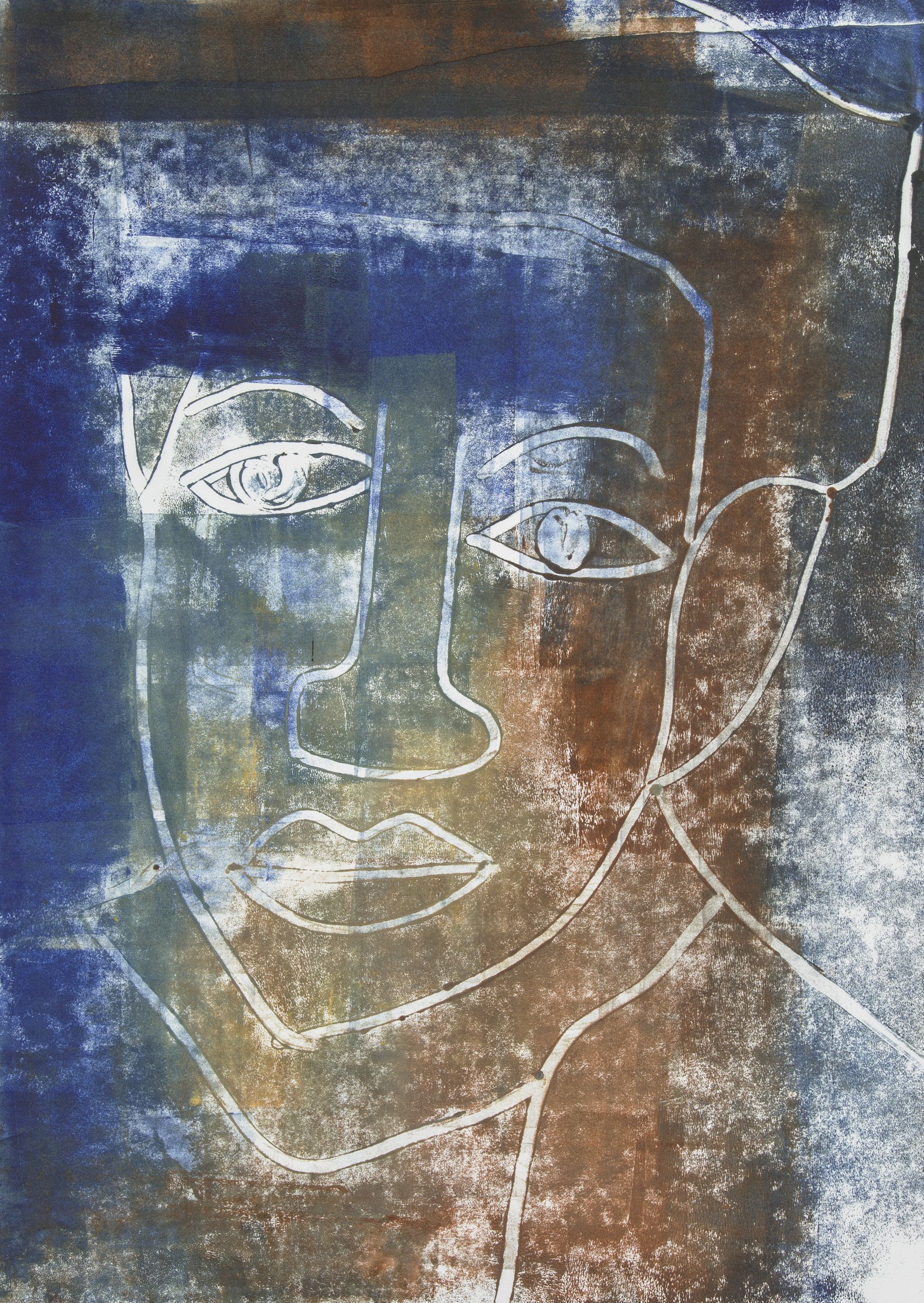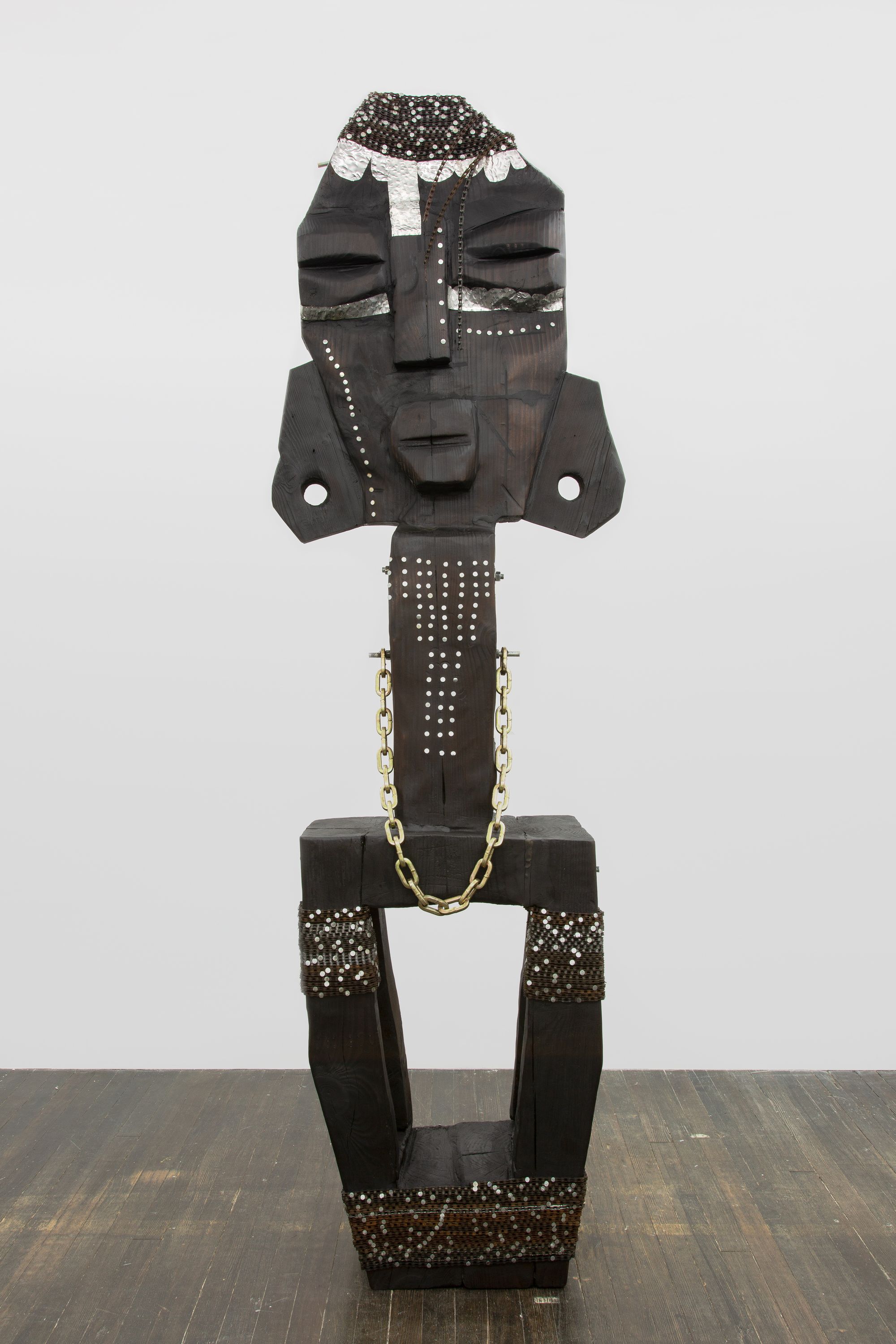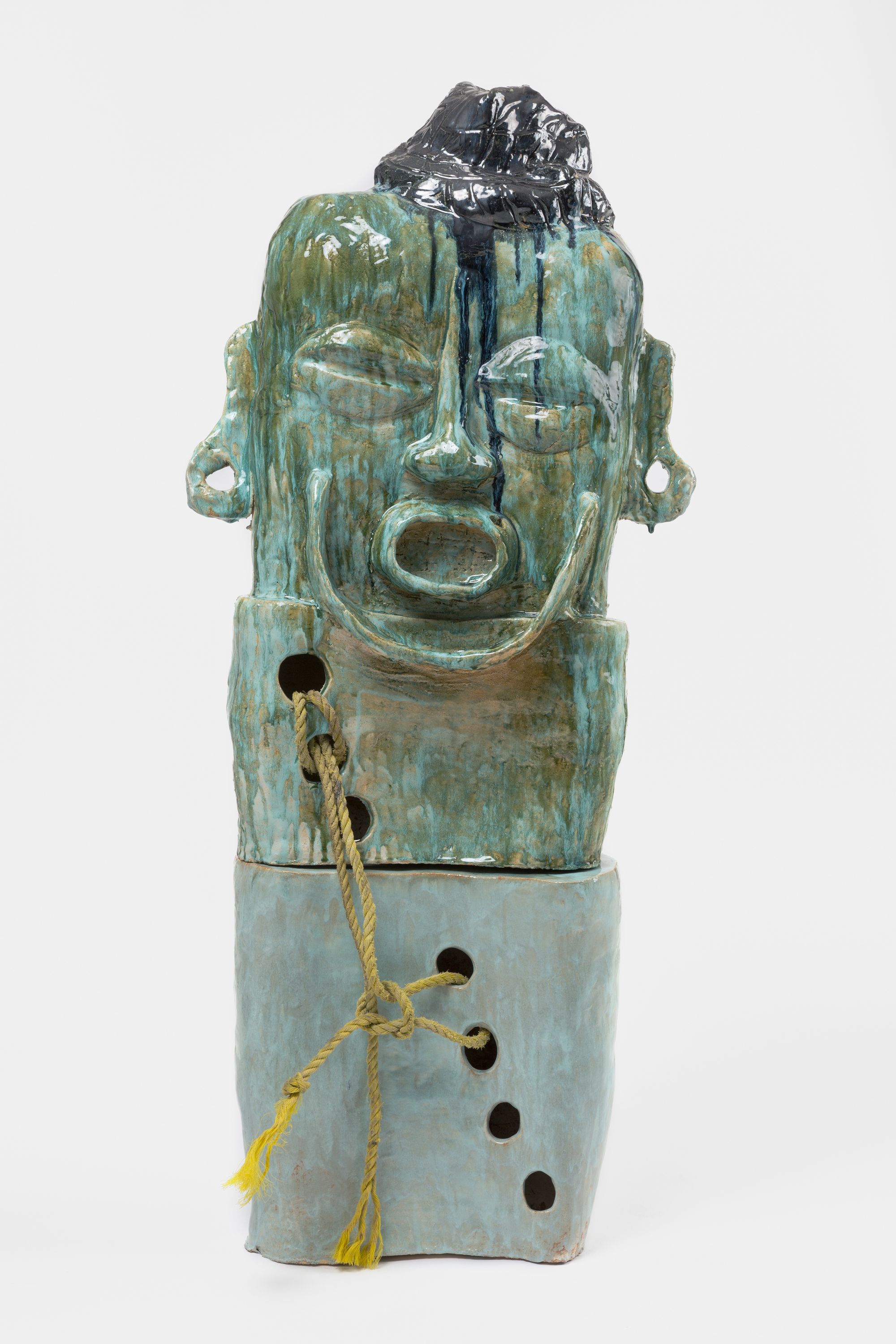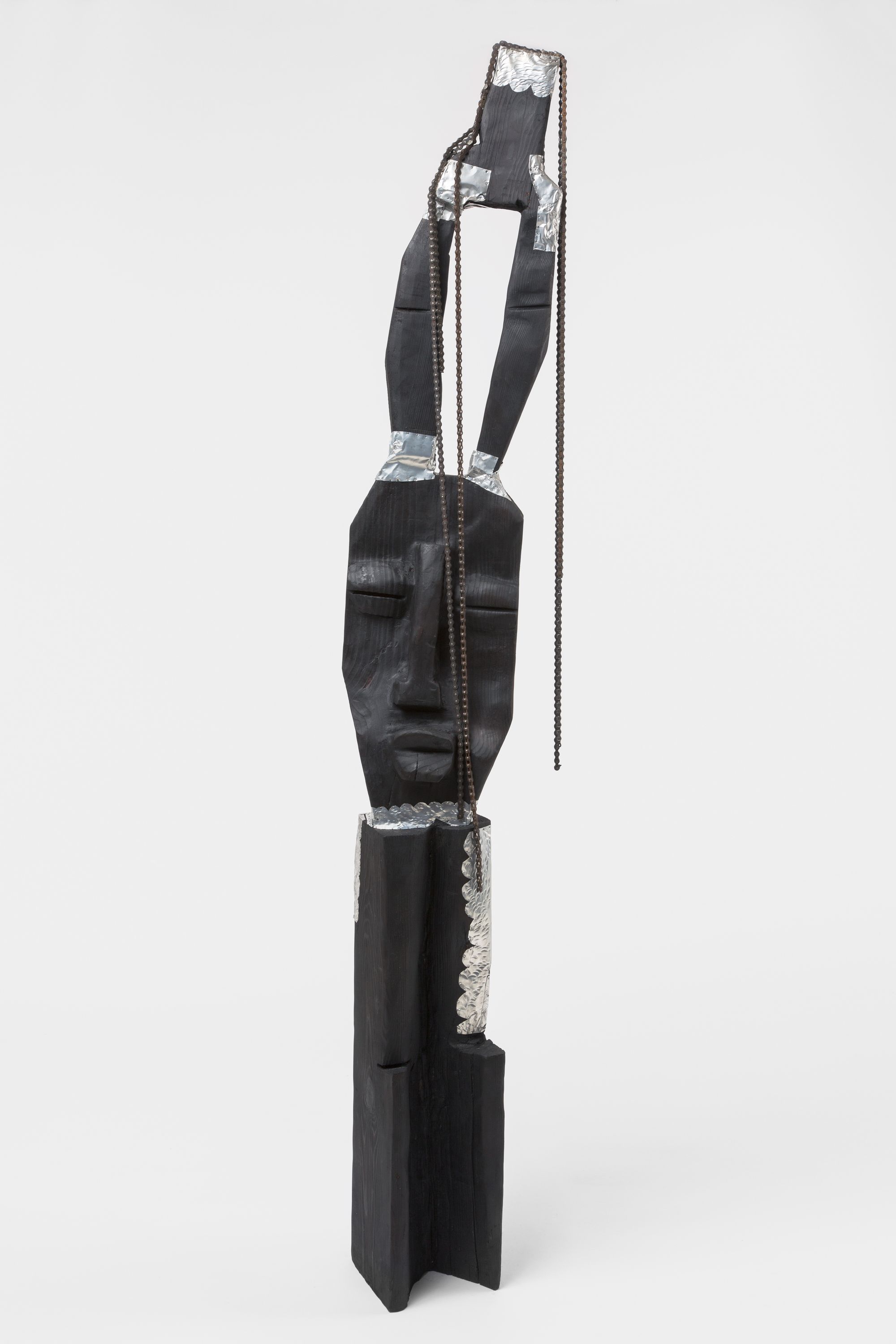
Past
Leilah Babirye
Ebika Bya ba Kuchu mu Buganda (Kuchu Clans of Buganda) 2020
Oct. 11–Nov. 29, 2020
New York

Leilah Babirye was born and raised in Kampala, the capital city of Uganda in the Lake Victoria region, which is situated in Buganda, one of the most powerful of Uganda’s kingdoms. The Bugandan people feel a sense of pride in their ancestral lineage and traditions, which unify the clans as one interconnected family whereby members consider themselves siblings however distant their actual birth relation. Because most of the clan titles refer to animals and plants native to Uganda—e.g., buffalo, yam, antelope, crocodile, mushroom, cheetah, grasshopper—Babirye entitles the subjects of her sculptures accordingly—e.g., Naggunju from the Kuchu Mushroom Clan, Nakabazzi from the Kuchu Lion Clan—as a way to honor her background.
Expanding on the existing Bugandan clan system, Babirye imagines and creates her own queer “kuchu” community. By employing the term, kuchu—a “secret word” in the Luganda language that those in the queer and trans community use to address each other—Babirye playfully imagines an alternate queer and trans history unified in its support and protection of its people. Babirye also chooses to affix many of the names in the titles of her works with the feminizing prefix “Na,” queering the culture in which she was raised. The sculptures become stand-ins for the “many transgender women, whom we refer to as queens in the kuchu community, who love naming themselves after their favorite aunts, sisters, or women role models.”
Babirye populates her kuchu clans with dignified queer and trans kin: carved, burned, burnished, and waxed regal wood figures and masks adorned with hammered copper and aluminum; fired ceramics bathed in sensual glazes and crowned with ornate headdresses fashioned from wires and aluminum cans; elaborate braids of hair woven from rubber bicycle tire inner tubes; and an ongoing series paintings in which the possibilities of each subject’s identity and self-realization unfolds across the repeated faces.
She elevates her subjects as well as the found materials that punctuate her work, and her use of trash is intentional—the pejorative for a gay person in Luganda is ebisiyaga, which means sugarcane husk. “It’s rubbish,” explains Babirye, “the part of the sugarcane you throw out.” The bicycle chains and aluminum cans, which she transforms into ornate textures, hair, and flourishes, refer to her first years in New York as an asylum-seeker collecting cans and working as a bike messenger. Throughout, Babirye brings her rich cultural heritage, activism, and life experiences forward, explicating her view that queer communities “need to make our own history and legacy.” Having fled her native Uganda to seek asylum in the US in the face of threats to her life due to anti-homosexuality discrimination and criminalization, Babirye offers a radical vision of liberation, dignity, and community.
Install (11)






Works
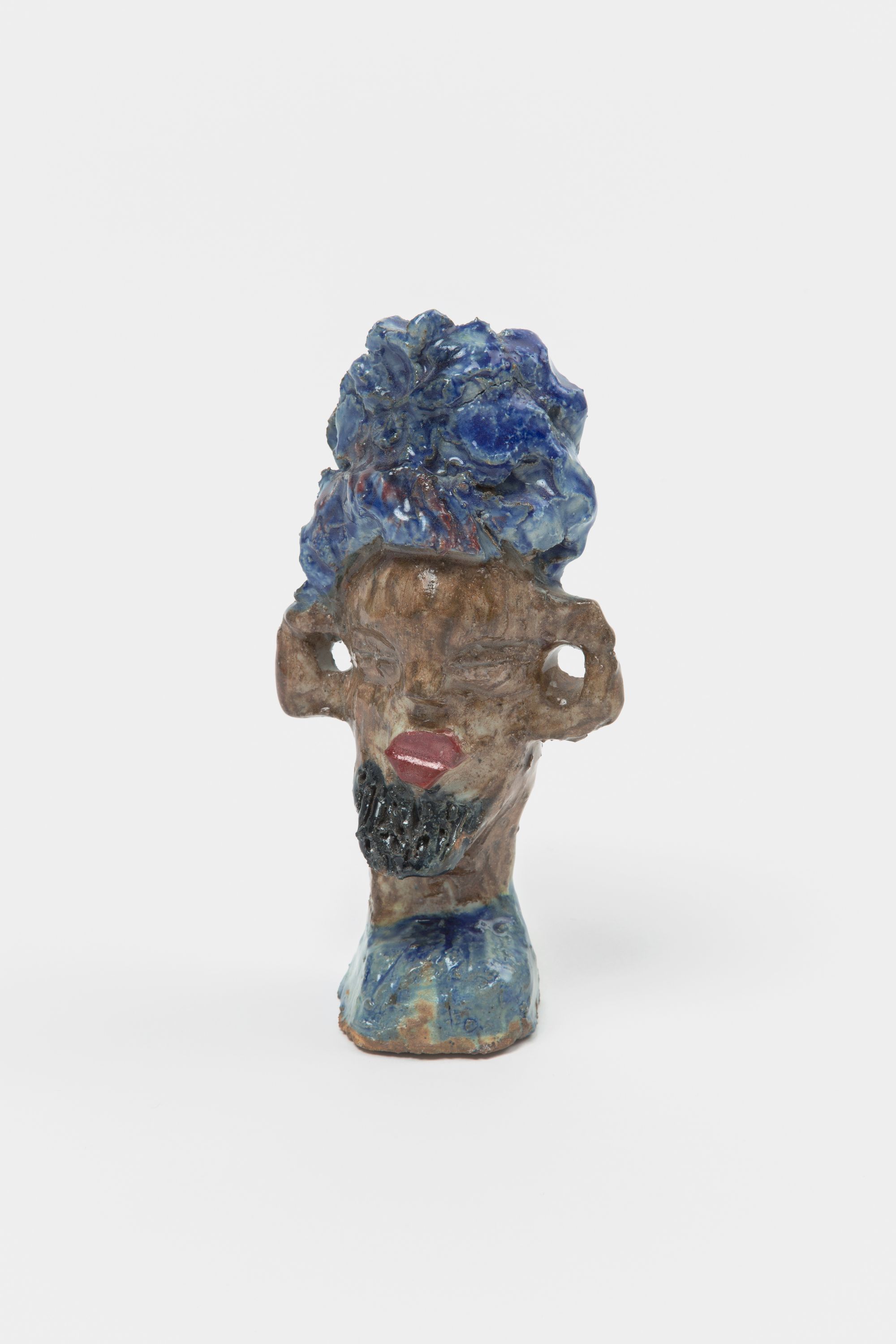
Abambowa (Royal Guard Who Protects the King)
Glazed ceramic
7.75 x 4 x 2 inches
2020
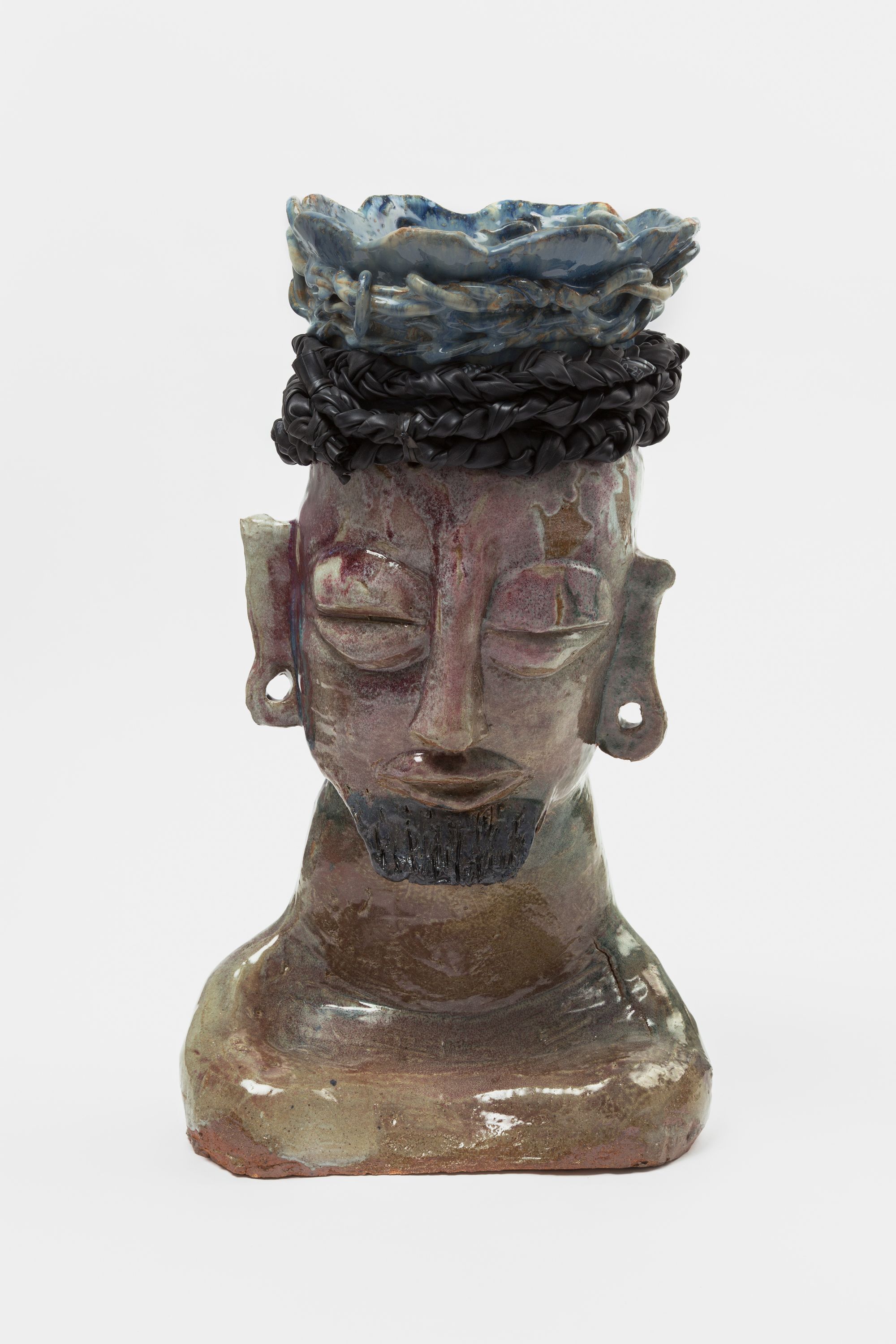
Namakookiro from the Kuchu Royal Family of Buganda
Glazed ceramic, wire, epoxy, found objects
28 x 16 x 9 inches
2020
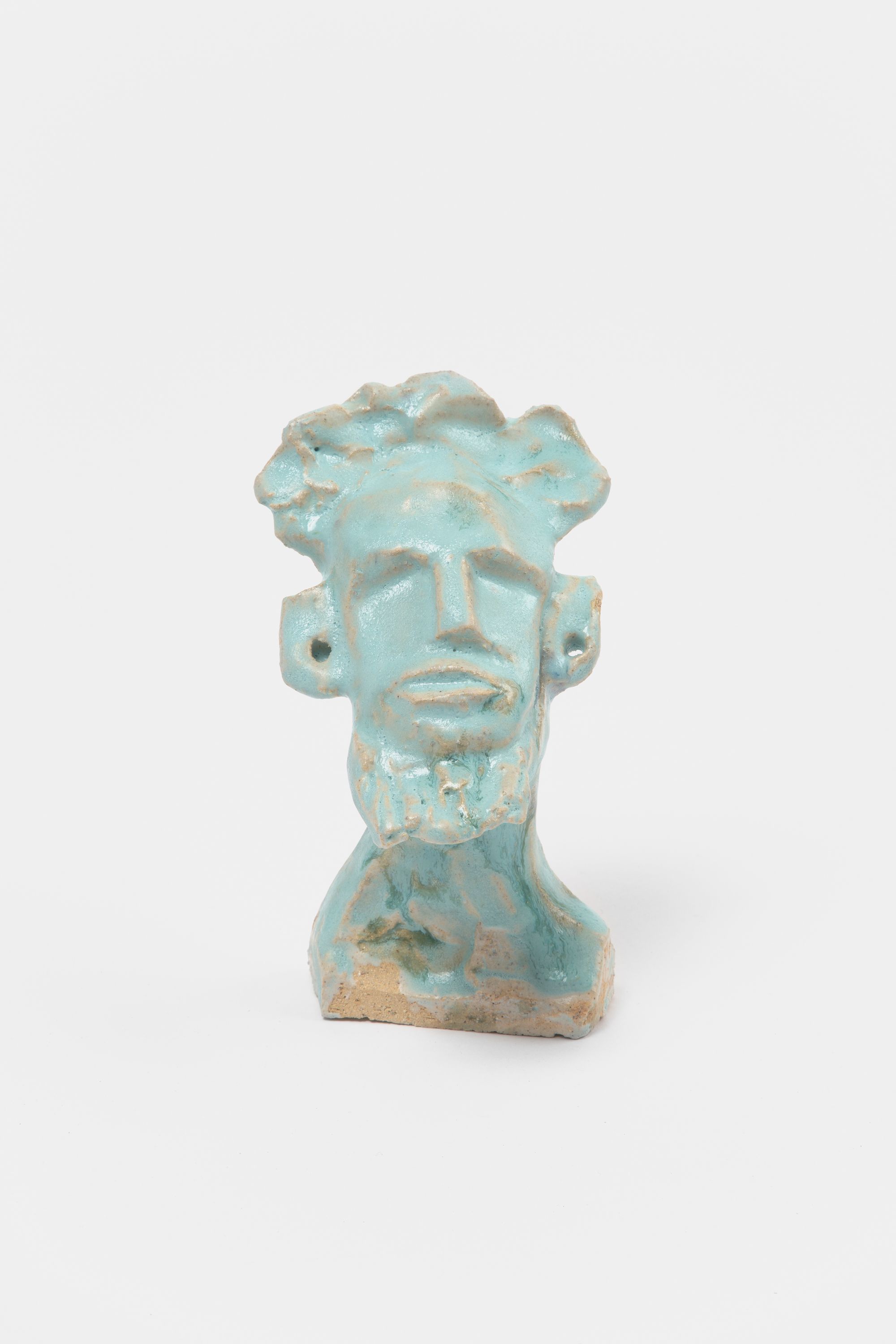
Abambowa (Royal Guard Who Protects the King)
Glazed ceramic
6.75 x 4 x 5 inches
2020
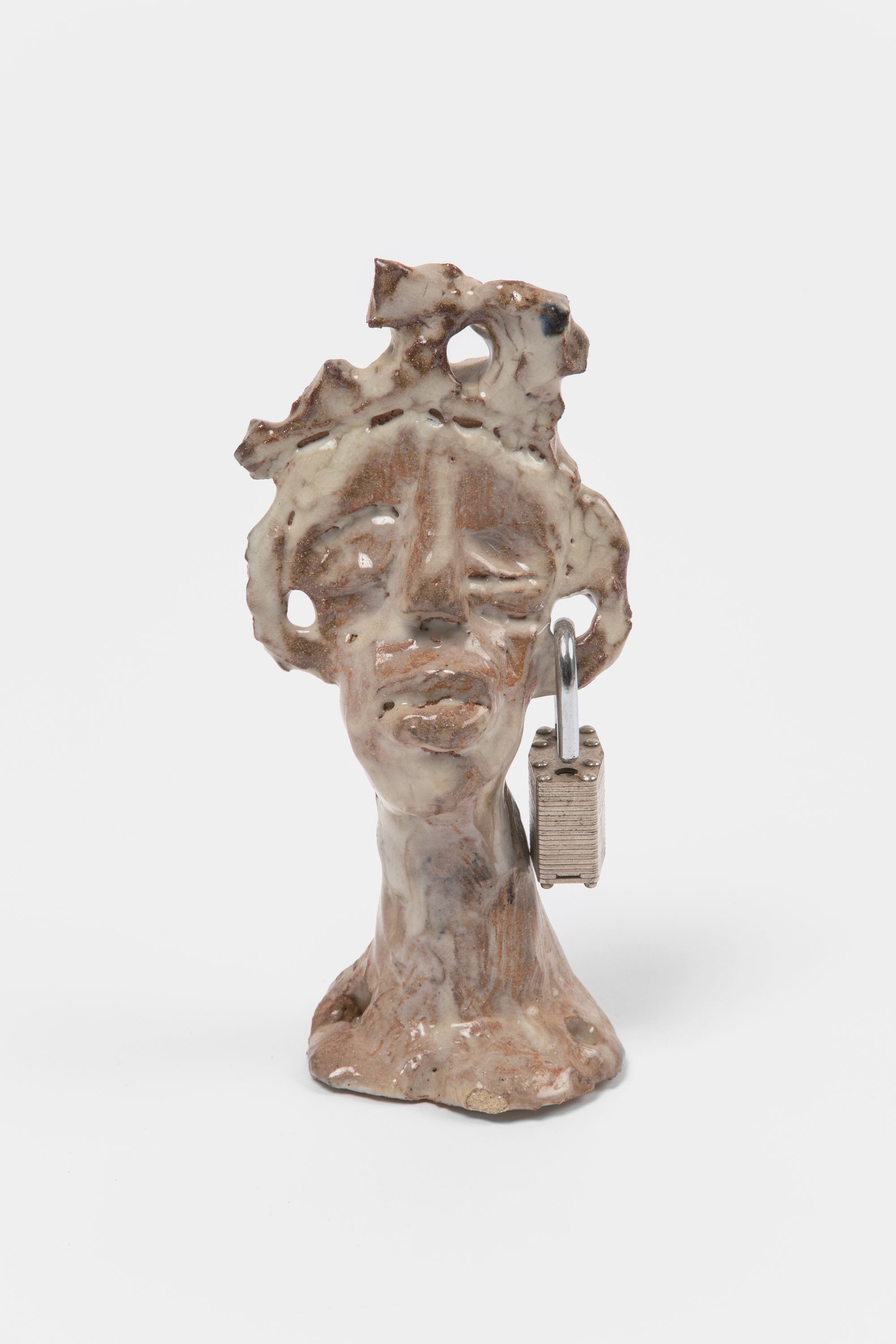
Abambowa (Royal Guard Who Protects the King)
Glazed ceramic, found object
10 x 4 x 4 inches
2020
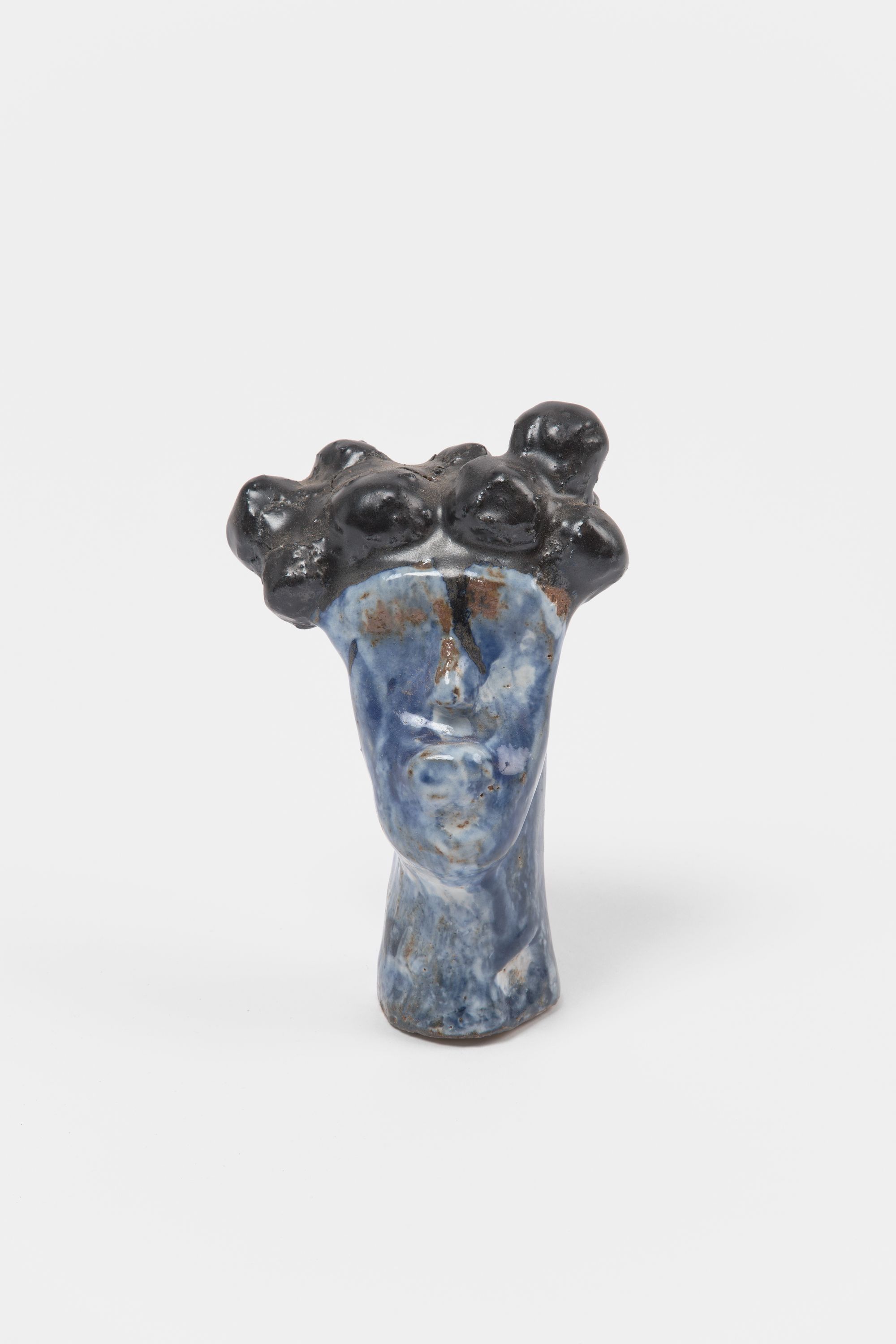
Abambowa (Royal Guard Who Protects the King)
Glazed ceramic
6.5 x 5 x 4 inches
2020
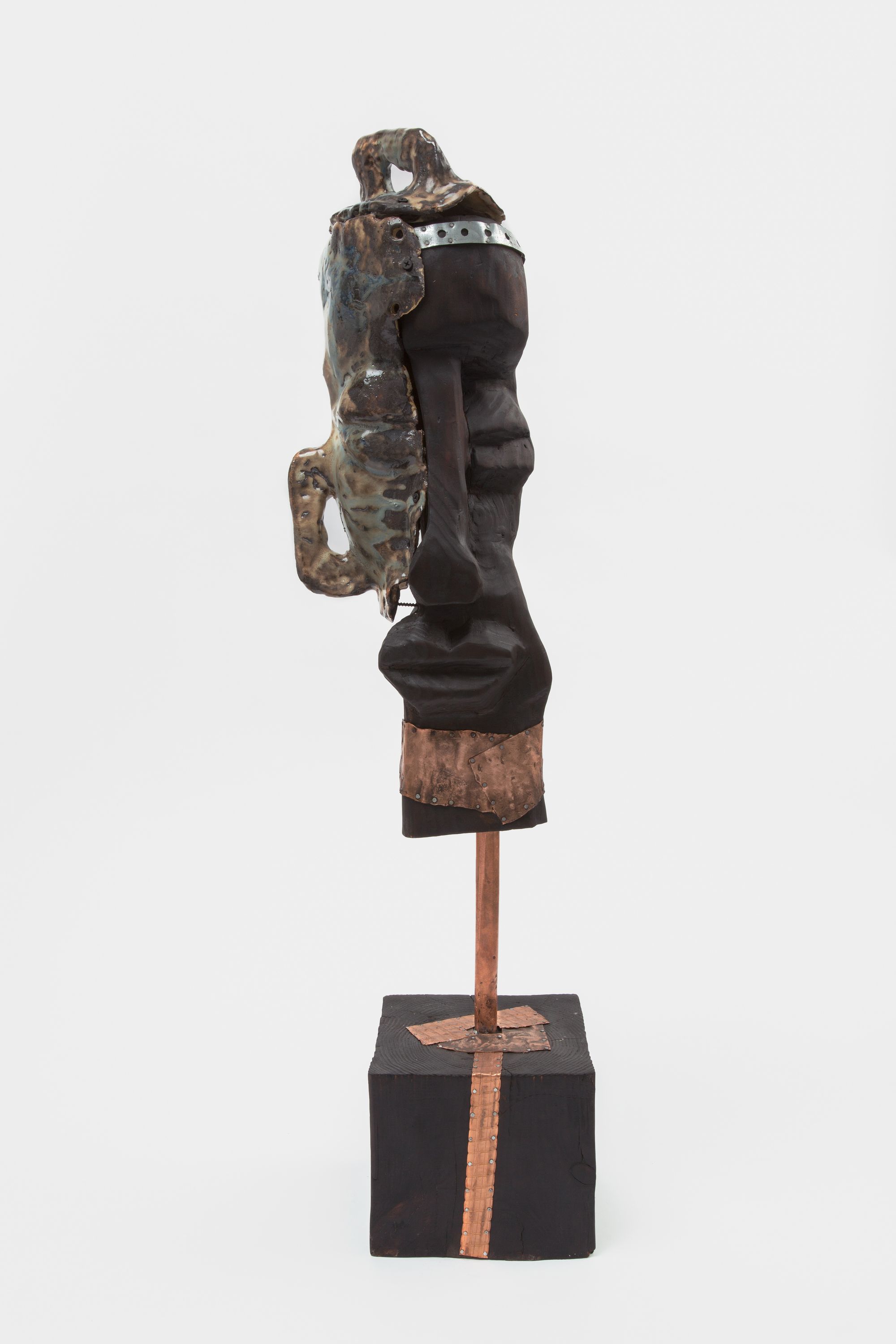
Naluja from the Kuchu Pangolin Clan
Wood, wax, glazed ceramic, screws, copper, nails, epoxy, acrylic, found objects
39.5 x 9 x 8 inches
2020
Publications

